The Best Supplements for Runners
Assignment: come up with a list of the top supplements for runners.
Easier said than done.
In tackling this assignment, I did what all good researchers do, and that is type “best supplements for runners” into Google. And, of course, there are many pages dedicated to this topic, some better than others, and all a variation on a common theme.
And when reading these as a Sports Nutritionist, I find myself cringing in many instances at what is being recommended. Sometimes the recommendation is valid on one level, but has so many caveats, that I couldn’t with all good consciousness make such blanket recommendations myself.
Take iron for example. Do runners often have higher iron needs? Yes, they do. Their losses tend to be higher than the general population, through the likes of high sweat rates, and a process called footstrike haemolysis. When I was doing my undergraduate studies in nutrition, the standard line was that we didn’t need to worry about the higher losses because athletes eat more food in general, and they will take in more than enough to offset the higher losses.
Well, jump forward far too many years from those undergraduate days, and running has become one of the main sports beset by issues around undereating, low energy availability, and the adherence to diets that are naturally low in iron. Iron deficiency in runners is very common. Thus, making the recommendation to supplement with iron should, on the surface of it, be a no brainer.
Except it isn’t.
There is much braining to be done around who, when, what type, how much, for how long… Iron is a nutrient which can have a large upside for people who need it but can have a large downside for people who don’t.
In relation to multi or single ingredient nutrients, many require cofactors for absorption, metabolism, and to keep the system in balance. Zinc requires additional copper, but take a supplement with copper in it, especially on an empty stomach, and you’ll likely experience a lot of nausea.
Some people would benefit from additional iodine. But iodine should ideally be taken with zinc and selenium. As mentioned, if you are taking zinc, you need copper. Meanwhile, selenium has a very narrow therapeutic index. That is, you can take too much of it quite quickly and it can quickly become toxic. This is quite easily done when taking a multivitamin and mineral plus a thyroid energy formula plus an antioxidant formula plus a fortified meal replacement formula.
Ignorance is bliss. Professionally, ignorance isn’t an option for me.
And therein lies my challenge with this assignment. How to come up with a list of supplements beneficial to most runners* in most circumstances, that has a large upside, a small downside, and perhaps most importantly, a wide safety margin. That list is surprisingly small.
*Rarely will there be supplements specific to runners and not endurance athletes and physically active people more generally.
In what circumstances might runners need supplements?
It can’t be overstated enough that individuals should take a ‘food-first’ approach before starting to go too far down the supplementation rabbit hole. Supplements should complement, not replace, a balanced diet. But runners should consider supplements when their nutritional needs cannot be adequately met through this approach alone. This may occur due to factors such as a hectic work schedule, insufficient meal planning, or frequent travel that disrupts regular eating habits.
Supplements can also be particularly useful during peak training phases or when optimising nutrition for specific fitness goals.
The decision to use supplements should be based on individual factors, including:
- current diet,
- training intensity,
- age,
- sex,
- medical conditions,
- and overall health objectives.
While certain supplements may benefit many runners in general, the specific needs of an individual and the context they find themselves in are always the more important factors.
Micro v Macro
As discussed, supplementation with micronutrients can be fraught with difficulties, and people are far better working with a qualified and registered nutrition professional, such as a Nutritionist or Dietitian to firstly ensure adequacy in their diet (no point in taking supplements to fill holes being caused by inadequacies in one’s diet, caused either through unnecessary exclusions, or simply not eating enough). Then, if and when supplementation is required, these professionals will also be best placed to guide you regarding the right supplement and dosing protocol.
There is a bit more room to consider macro supplements. These are supplements which, unlike micronutrients where you are often dealing in micrograms and milligrams, more often than not, you are dealing in grams (or at least 100’s and 1000’s of milligrams).
These are supplements such as carbohydrate- and protein-based supplements, which you would take in 30-50g amounts, for example, creatine (5-20g), or fish oils (1-3g).
The following is my list of macro supplements that I believe can be beneficial to most runners, in most contexts, with a relatively wide safety margin. For each one I have added why it might be performance enabling and why it might be performance enhancing.
Carbohydrate (e.g. drinks, gels, bars, lollies)
Primary benefits for runners: energy source, glycogen replenishment
Performance enabling effects:
· Can help to maintain daily energy levels for consistent training, guarding against falling into a low energy availability state
· Supports and enhances recovery between workouts
Performance enhancing effects:
· Provides quick energy during long training runs or races, delaying fatigue and helping to maintain pace
· Reduces perceived effort
Suggested dosing: 30-120g per hour of training or racing, depending on intensity and individual factors. To formulate an individualised plan, it is recommended that individuals consult with a qualified Sports Nutritionist. However, a good rule of thumb is to take 30g every 20-30 minutes (60-90g per hour).
Protein (e.g. powder, drinks, bars)
Primary benefits for runners: muscle repair, recovery, immune function
Performance enabling:
· Aids adaptation to training
· Aids in maintaining lean body mass, supporting overall muscle and bone health
Performance enhancing:
· Accelerates recovery between intense workouts or races, allowing a higher volume of training without breaking down
· By helping prevent the loss of lean mass with training, supplemental protein may improve muscle strength and power for sprints/hill climbs
Suggested dosing: 20-40g per serve 1-2 times per day. For most individuals specific timing is not critically important. Total daily protein intake and protein quality are of higher importance.
Creatine (e.g. creatine monohydrate)
Primary benefits for runners: improved power output, faster recovery
Performance enabling:
· Creatine might enhance muscle glycogen storage which may lead to improved endurance capacity over time
· May support bone mineral density and could thus be particularly beneficial for older runners or those at risk of osteoporosis
· May allow runners to handle higher training volumes which could lead to greater long-term adaptations and performance improvements
Performance enhancing:
· May improve sprint performance and hill climbing ability
· Potentially aids in recovery during interval training
· Could help improve the body's ability to regulate temperature during exercise which be beneficial for runners training or competing in hot conditions or environments
Suggested dosing: 5g daily, preferably mixed into a drink containing some carbohydrate. Timing doesn’t matter – it can be taken at any time of the day (don’t be fooled into believing you need it as a pre- or post-workout supplement.
Caffeine (e.g. coffee, caffeine pills)
Primary benefits for runners: Increased alertness, reduced perception of exertion and effort
Performance enabling:
· Can reduce feelings of fatigue and improve overall mood, potentially increasing motivation for consistent training
· Improves focus and motivation during training
· Enhances cognitive function for consistent performance
Performance enhancing:
· Allows runners to maintain higher intensities with less perceived effort, which can be particularly beneficial in the later stages of long races
· Can help maintain performance when glycogen stores are low, which can be particularly beneficial in ultra-endurance events
· Can counteract effects of early race starts or jet lag in destination races
Suggested dosing: The generally recommended dose for caffeine, particularly for a performance-enhancing dose, is 3-6mg/kg of body weight. For most people, this will be between 200-400mg. For reference, a regular cup of double espresso coffee contains ~125mg of caffeine.
Timing: For optimal effects, caffeine should be consumed approximately 45-60 minutes before the intended activity, though some studies suggest that taking caffeine as close as 15-30 minutes before exercise can still be effective.
Special Considerations: It's important to note that these are general guidelines, and individual responses can vary. Some key points to consider:
· Lower doses (2-3 mg/kg) may be sufficient for performance enabling effects in daily training.
· Higher doses (up to 6 mg/kg) might be more appropriate for performance enhancing effects in competition scenarios.
· Habitual caffeine users may require higher doses to achieve the same effects as non-habitual users.
· For longer events (>2 hours), some athletes benefit from additional smaller doses (1-2 mg/kg) during the event.
· Caffeine's effects can last for several hours, so evening consumption might interfere with sleep, potentially impacting recovery.
· Some individuals may experience negative side effects (jitters, anxiety, gastrointestinal distress) at higher doses.
· It's advisable to start with lower doses and gradually increase to find the optimal personal dose.
· As with every supplement, individuals should always test their caffeine strategy in training before implementing it in competition.
Electrolytes
Primary benefits for runners: maintain fluid balance, aid in hydration and prevent dehydration, support muscle and nerve function
Performance enabling:
· Daily hydration support, helping to maintain proper fluid balance during regular training
· Enhanced recovery, aiding in replenishing electrolytes lost through sweat during training
· Supports proper muscle function and recovery between workouts
· Heat adaptation, assisting in acclimatisation to hot environments and supporting consistent training in various weather conditions (this becomes more important in the face of ongoing climate change)
Performance enhancing:
· Electrolytes help maintain proper hydration during long runs or races, potentially delaying the onset of fatigue
· Sodium in particular can enhance fluid uptake in the gut, potentially improving hydration status during intense exercise
· Helps prevent hyponatremia (low blood sodium) in ultra-endurance events, supporting optimal performance in long-duration activities
· Proper electrolyte balance aids in body temperature regulation, improving performance in hot conditions
· Maintaining electrolyte balance can support cognitive function during extended efforts which may help maintain focus and decision-making abilities in longer races
Suggested Dosing:
The suggested dosing for electrolytes can vary widely based on individual factors, environmental conditions, and the duration and intensity of exercise. However, here are some general guidelines for electrolyte supplementation for runners:
Sodium:
· During exercise: 300-600 mg per hour of exercise
· For events lasting >2-3 hours: up to 1000 mg per hour may be necessary
Note – sodium isn’t the only electrolyte to consider. Potassium, magnesium, and calcium should all be present in most electrolyte products.
Special Considerations:
· Sweat rate: Individuals with higher sweat rates may need more electrolytes, especially sodium.
· Sex differences: Women often require more electrolytes than men.
· Environmental conditions: Hot and humid conditions increase electrolyte needs.
· Exercise duration: Longer events require more consistent electrolyte replacement.
· Individual tolerance: Some runners may be more or less sensitive to electrolyte imbalances.
· Pre-existing conditions: Some medical conditions may affect electrolyte needs.
· Dietary intake: Regular diet can influence baseline electrolyte status and needs during exercise.
Practical applications:
· For runs under 60-90 minutes in moderate conditions, water is often sufficient for most runners.
· For longer runs or in hot conditions, or if one of the special considerations above apply, electrolyte supplementation becomes more important.
· Many sports drinks provide about 300-500 mg of sodium per litre, which can be a good starting point, but can often be insufficient for many individuals if they require a higher sodium level.
· Post-exercise rehydration should include both water and electrolytes, especially sodium.
It's important to note that these are general guidelines. The optimal electrolyte strategy can vary significantly between individuals. It's recommended that runners experiment with different electrolyte strategies during training to find what works best for them. For more personalised recommendations, especially for ultra-endurance events or runners with specific health concerns, consulting with a sports nutritionist is advisable.
Omega-3 Fish Oil (e.g. oil, capsules)
Primary benefits for runners: Anti-inflammatory, joint health, cardiovascular health
Performance enabling:
· Supports overall health and immune function
· May reduce exercise-induced inflammation for better recovery
Performance enhancing:
· Potentially improves oxygen delivery to muscles
· May enhance endurance performance through improved cardiovascular function
Suggested dosing: 2-3 grams per day of total EPA+DHA in a 2:1 ratio (the two main omega-3 fatty acids in fish oil) is commonly recommended for athletes. Some studies have used doses up to 4-6 grams per day for specific performance outcomes. Can be taken at any time of day, though some prefer to take with meals to reduce potential gastrointestinal discomfort. Effects are typically seen after 4-8 weeks of consistent supplementation with some studies showing benefits with longer-term use (3-6 months).
Special Considerations:
- Higher doses (>3g/day) should be under medical supervision due to potential blood-thinning effects
- Quality matters - choose a reputable brand that tests for contaminants and oxidation
- Some athletes may require higher doses based on their diet, body size, or specific goals
- Vegetarian/vegan athletes might consider algae-based omega-3 supplements as an alternative
Beetroot Juice (Nitrates)
Primary benefits for runners: improved blood flow, enhanced oxygen utilisation
Performance enabling:
· Supports cardiovascular health
· May improve overall exercise efficiency
Performance enhancing:
· Can increase time to exhaustion in endurance events
· May improve performance in high-intensity efforts
Suggested dosing: The suggested dosing for beetroot juice supplementation for runners typically focuses on the nitrate content, which is the active compound believed to enhance performance. The target is usually 5-8 mmol of nitrate per dose, which typically equates to 300-600 ml of beetroot juice, depending on the concentration.
Timing and Frequency:
· Acute dosing: 2-3 hours before exercise
· Chronic dosing: Daily for 3-6 days leading up to an event, plus 2-3 hours before the event
· For regular training: 1-2 doses per week may be sufficient
· For competition preparation: Daily dosing for 3-6 days before the event
Special Considerations:
· Peak effects are typically seen 2-3 hours after ingestion and effects can last up to 12-24 hours
· Concentrated beetroot shots (70-140 ml) are available and can be more convenient than whole juice
· Individual response: Some people may be "responders" or "non-responders" to nitrate supplementation
· Tolerance: Some individuals may experience gastrointestinal discomfort, especially with larger doses
· Dietary nitrate: Regular consumption of nitrate-rich foods (like whole beetroot and leafy greens) may reduce the need for supplementation
· Performance context: Benefits are typically more pronounced for efforts lasting 5-30 minutes, though some studies show benefits for longer durations
· Altitude: Effects may be more pronounced at altitude due to lower oxygen availability
Sodium Bicarbonate
Primary benefits for runners: acts as a buffer against lactic acid buildup helping to delay the onset of fatigue in high-intensity efforts.
Performance enabling:
· May allow for higher intensity workouts, potentially leading to greater physiological adaptations over time
· Could potentially speed up recovery between hard training sessions
· Regular use in training might lead to incremental improvements in lactate threshold
Performance enhancing:
· Improved high-intensity performance; most effective for intense efforts lasting 1-7 minutes, benefitting middle-distance runners (800m-3000m) in races.
· Buffers against the build-up of hydrogen ions, which contribute to muscle fatigue. Reducing this may allow runners to maintain higher intensities for longer.
· Enhanced anaerobic capacity, potentially improving performance in longer sprint events or final kicks in longer races
· Potential endurance benefits with studies suggesting possible benefits for efforts up to 60 minutes, potentially providing a small edge in longer races with varying intensities.
Suggested Dosing:
· Dosage typically ranges from 0.2-0.4g per kg of body weight
· Should be taken 60-90 minutes before exercise for optimal effect
Special Considerations:
· Can cause gastrointestinal discomfort in some individuals
· Effects may vary between individuals due to factors like diet and training status
· More research is needed on its effects in longer endurance events
Beta Alanine
Primary benefits for runners: Increases of the intramuscular amino acid, carnosine, which helps buffers against hydrogen ion buildup in muscles during high-intensity activity.
Performance enabling:
· Enhanced training capacity through allowing for more intense training sessions over time
· May reduce fatigue during interval training, improving recovery between efforts
· Could enable more consistent performance across multiple high-intensity efforts
Performance enhancing:
· Delayed onset of muscular fatigue
· Most effective for high-intensity efforts lasting 1-4 minutes, potentially benefiting middle-distance runners (800m-3000m) in races
· Could provide an edge in the finishing sprint of longer races
· May improve time to exhaustion in longer, high-intensity efforts
· Could allow runners to maintain a higher intensity before hydrogen ion accumulation becomes limiting
Suggested Dosing:
· Typical dosage is 3-6g per day, often divided into smaller doses
· Requires a loading phase of 4-6 weeks for full effect
Special Considerations:
· Effects are most pronounced in high-intensity efforts lasting 1-4 minutes
· May cause paraesthesia (tingling sensation) in some individuals, which is harmless but can be uncomfortable
· Benefits may be more pronounced in vegetarians/vegans due to lower baseline carnosine levels
· Continued supplementation is required to maintain elevated muscle carnosine levels



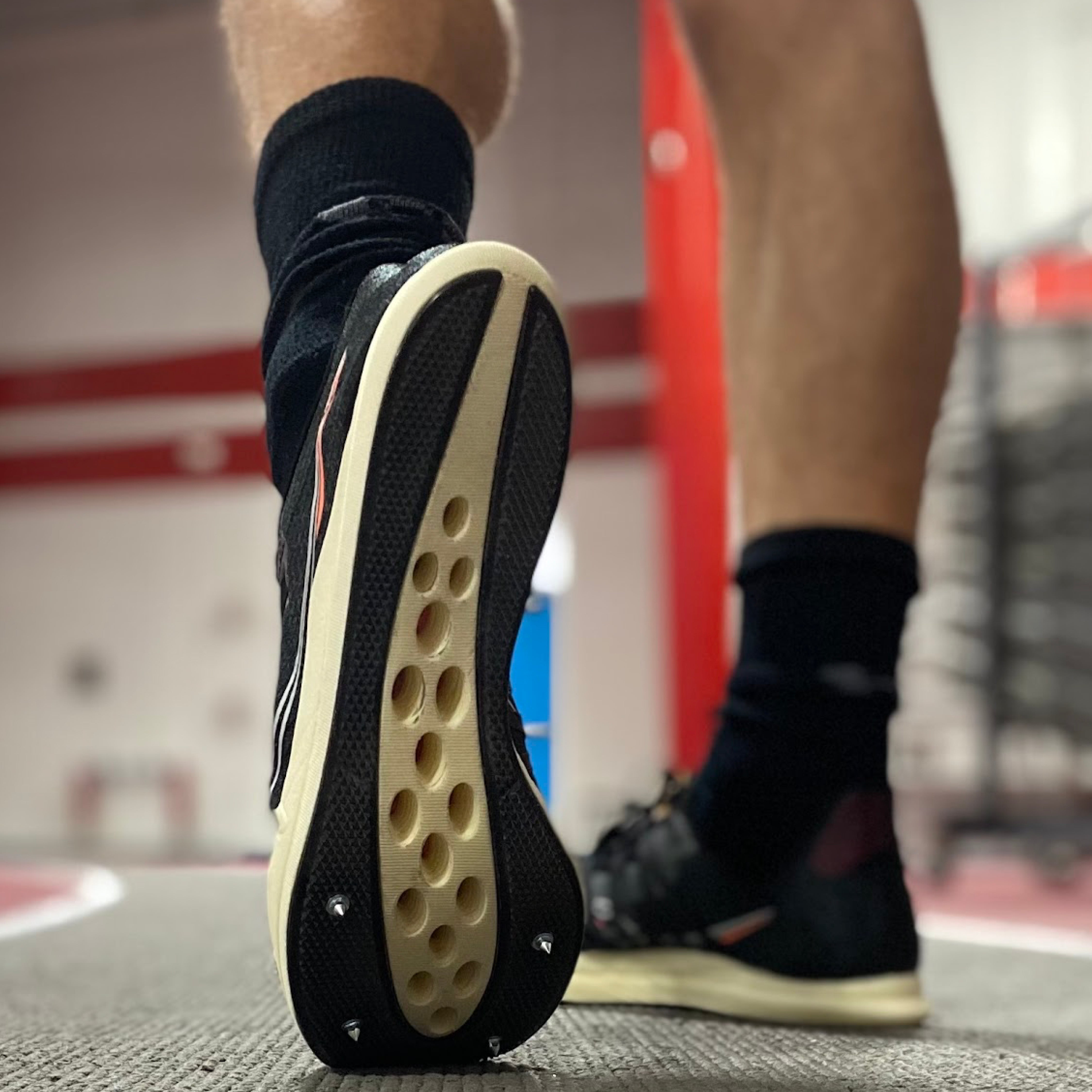
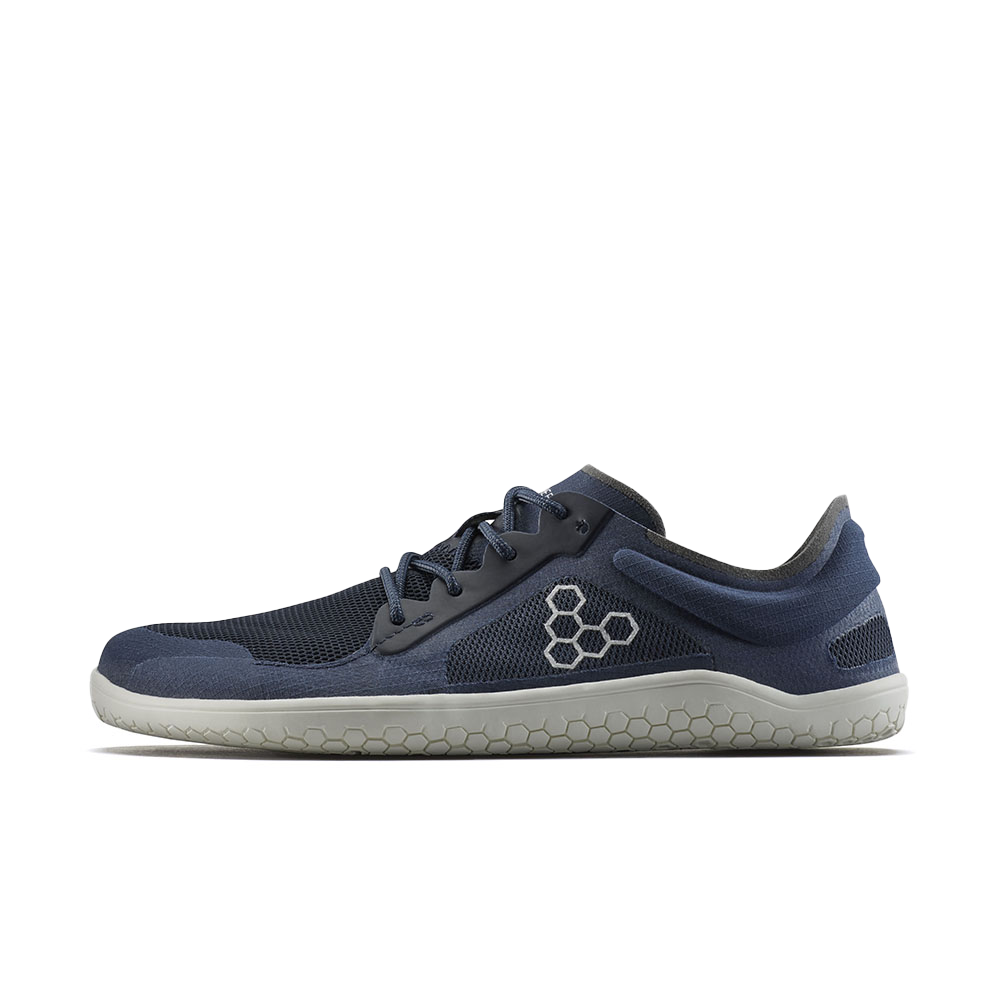










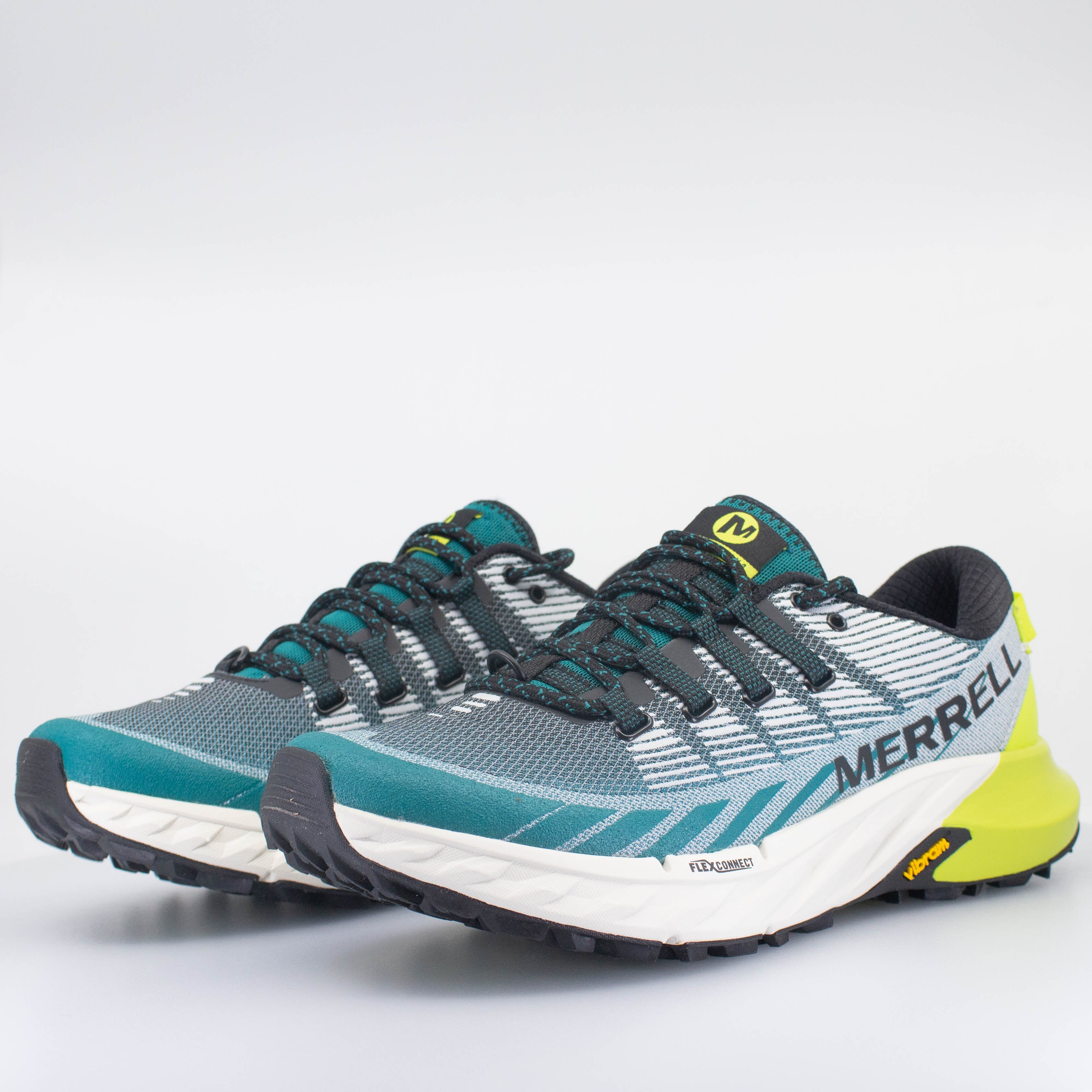

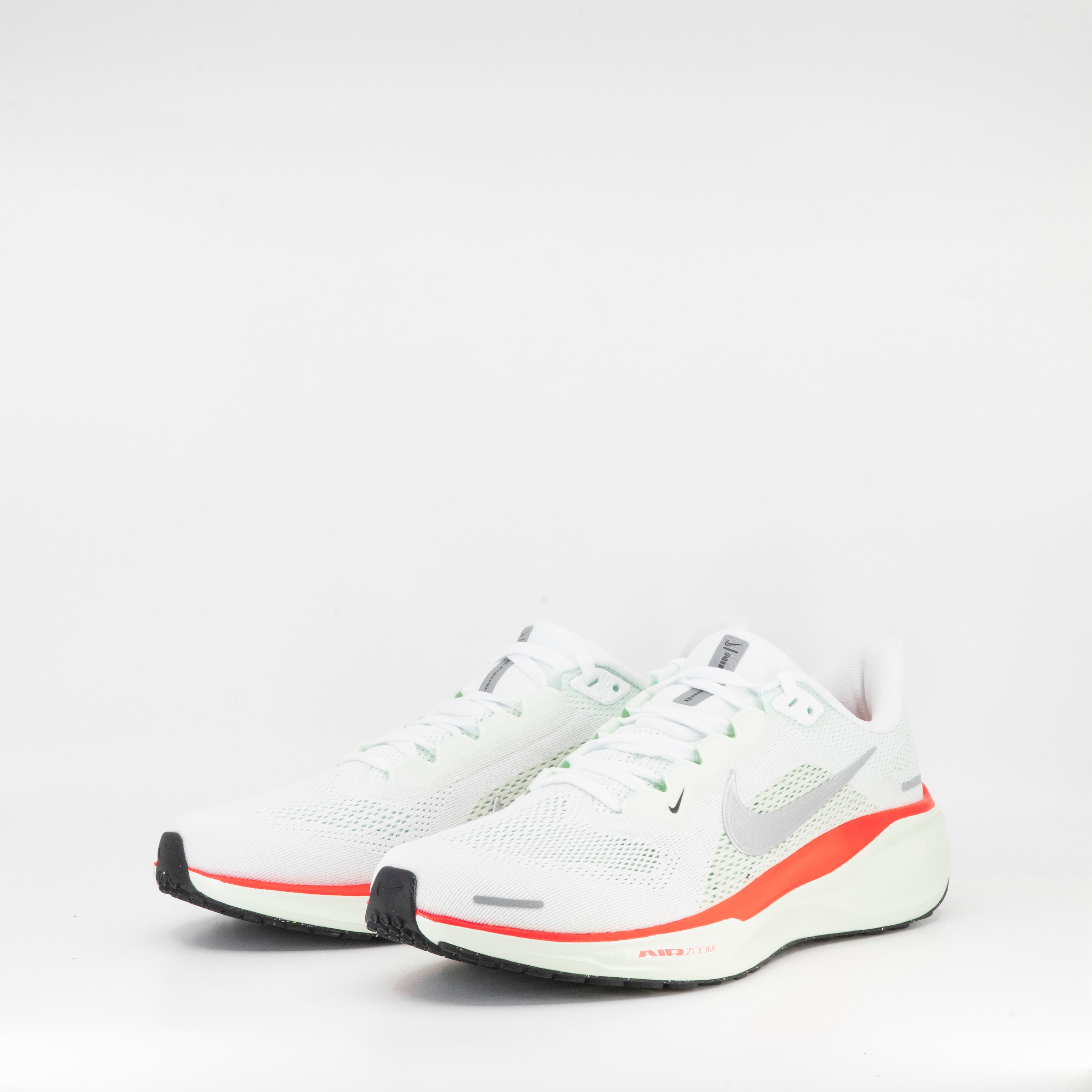
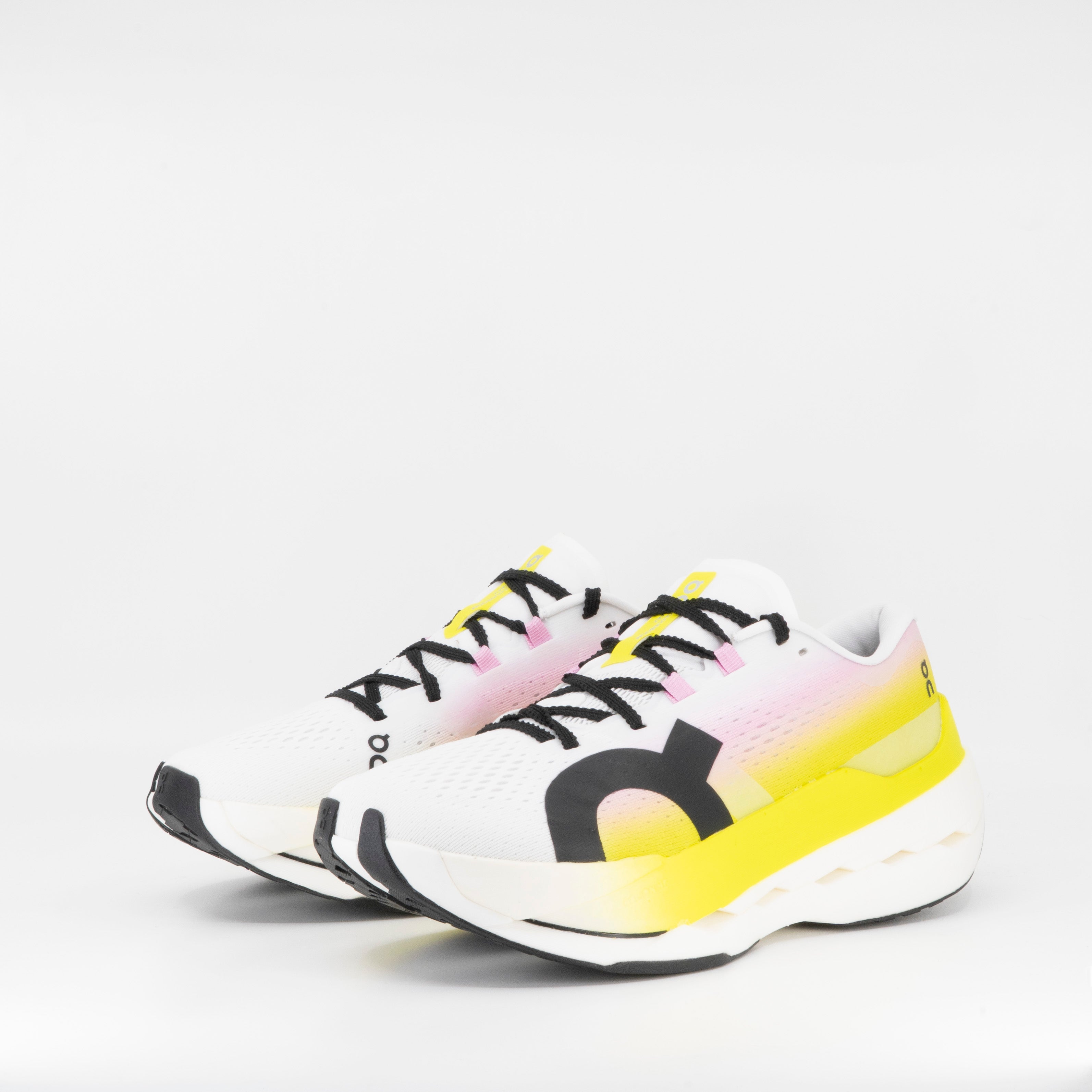

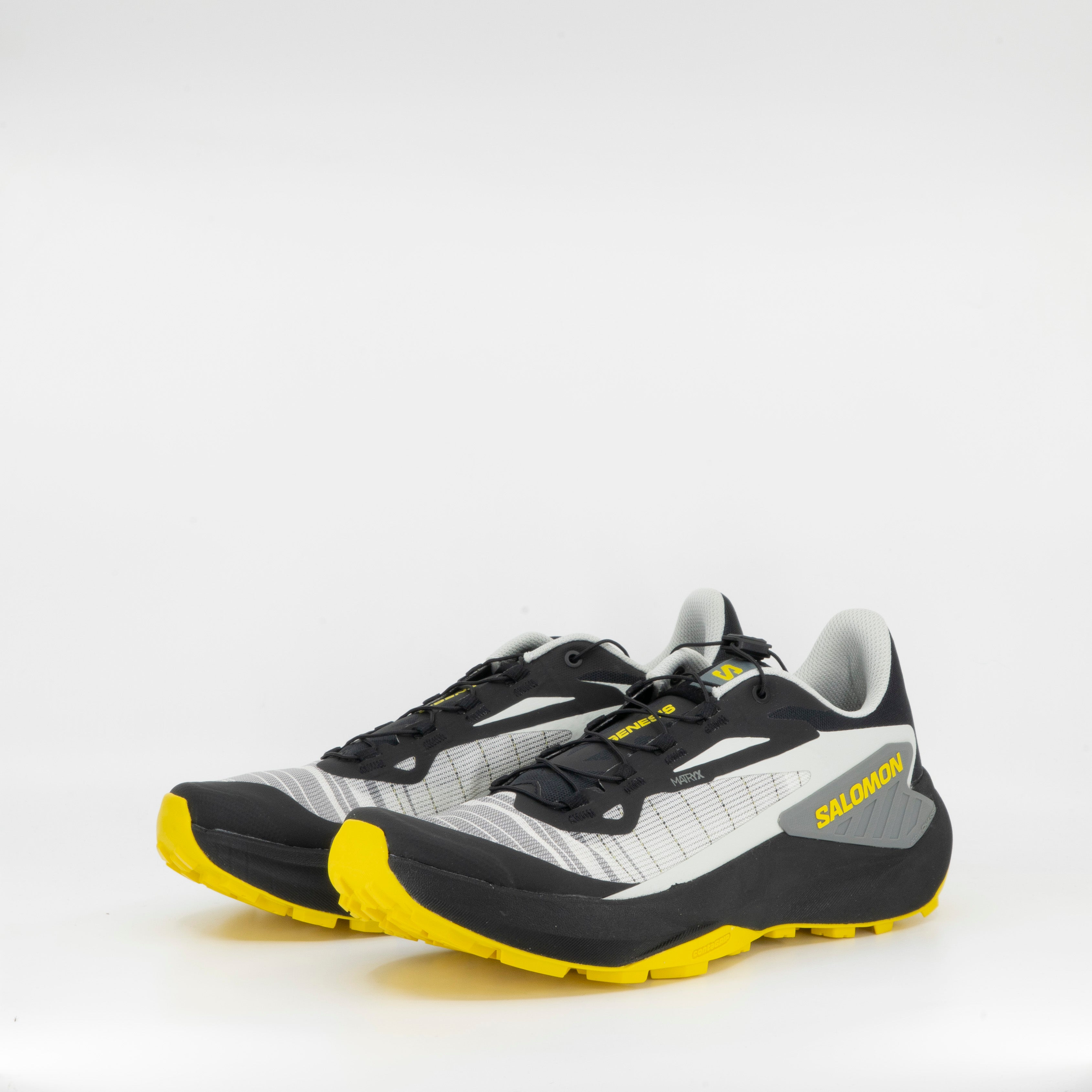







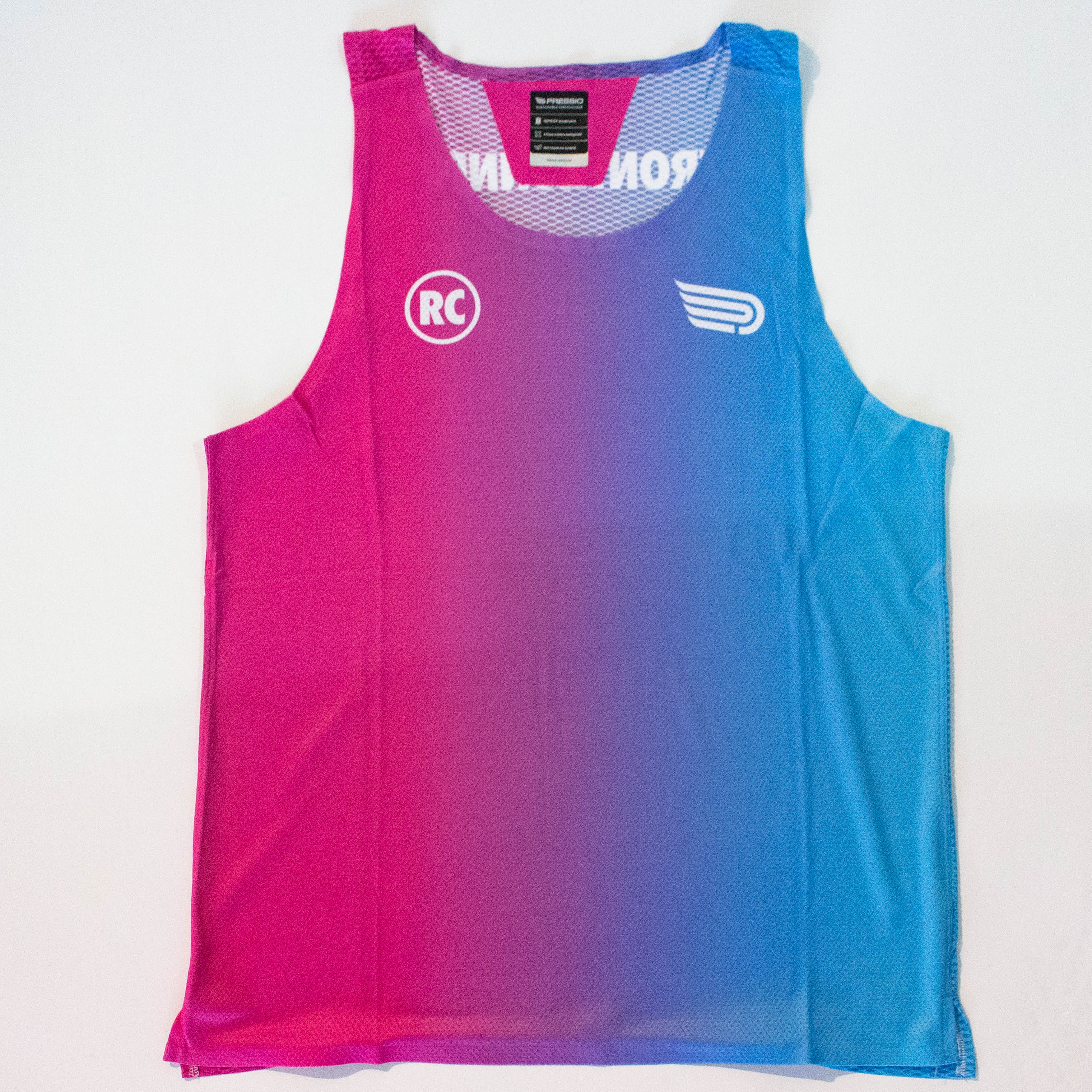



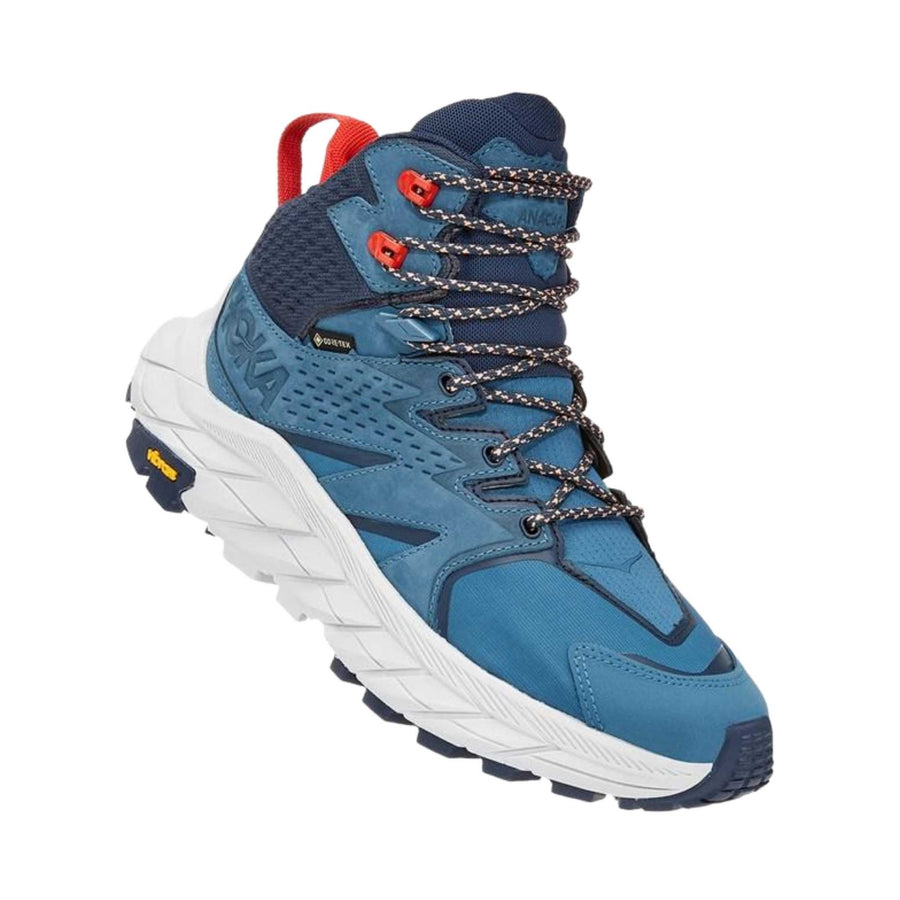


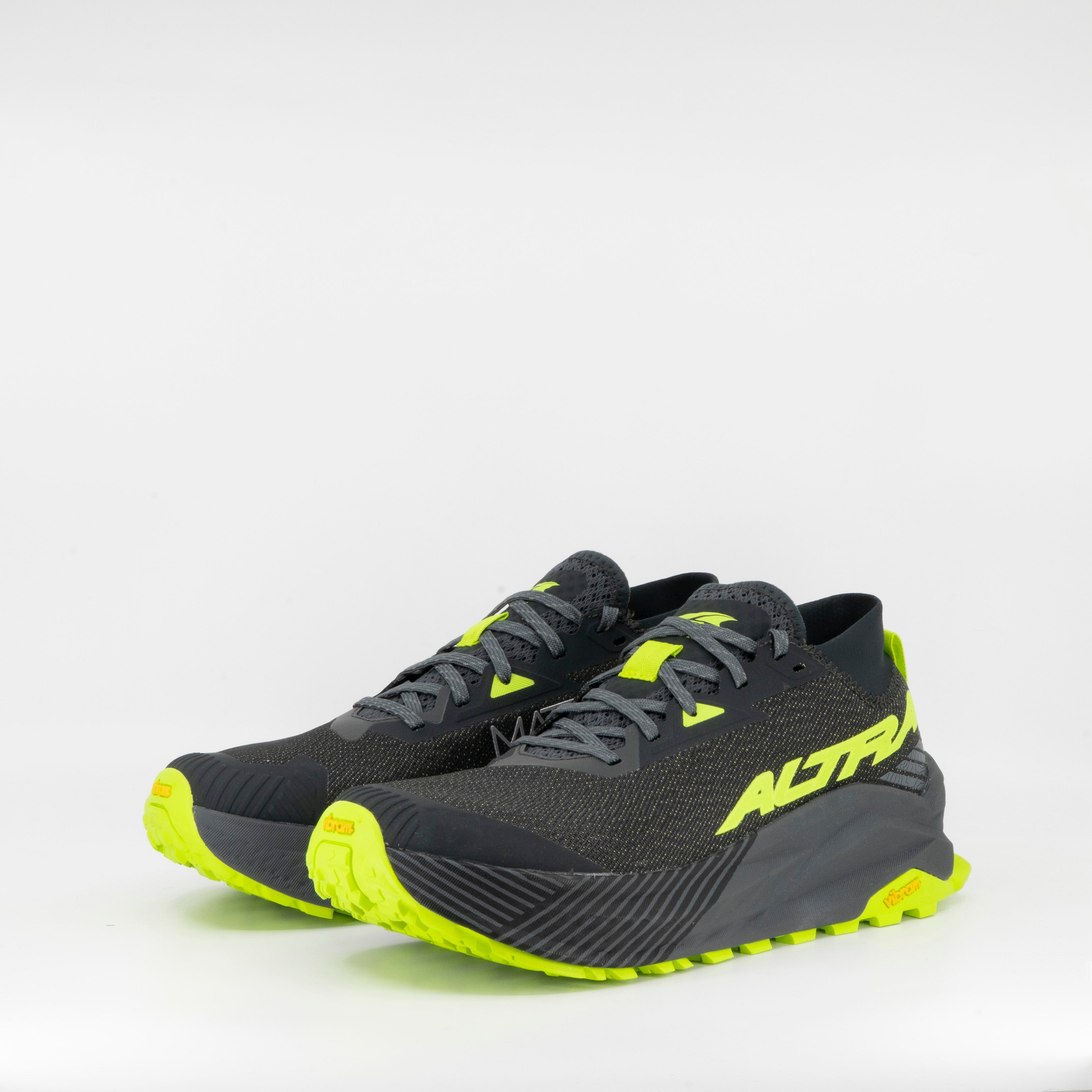




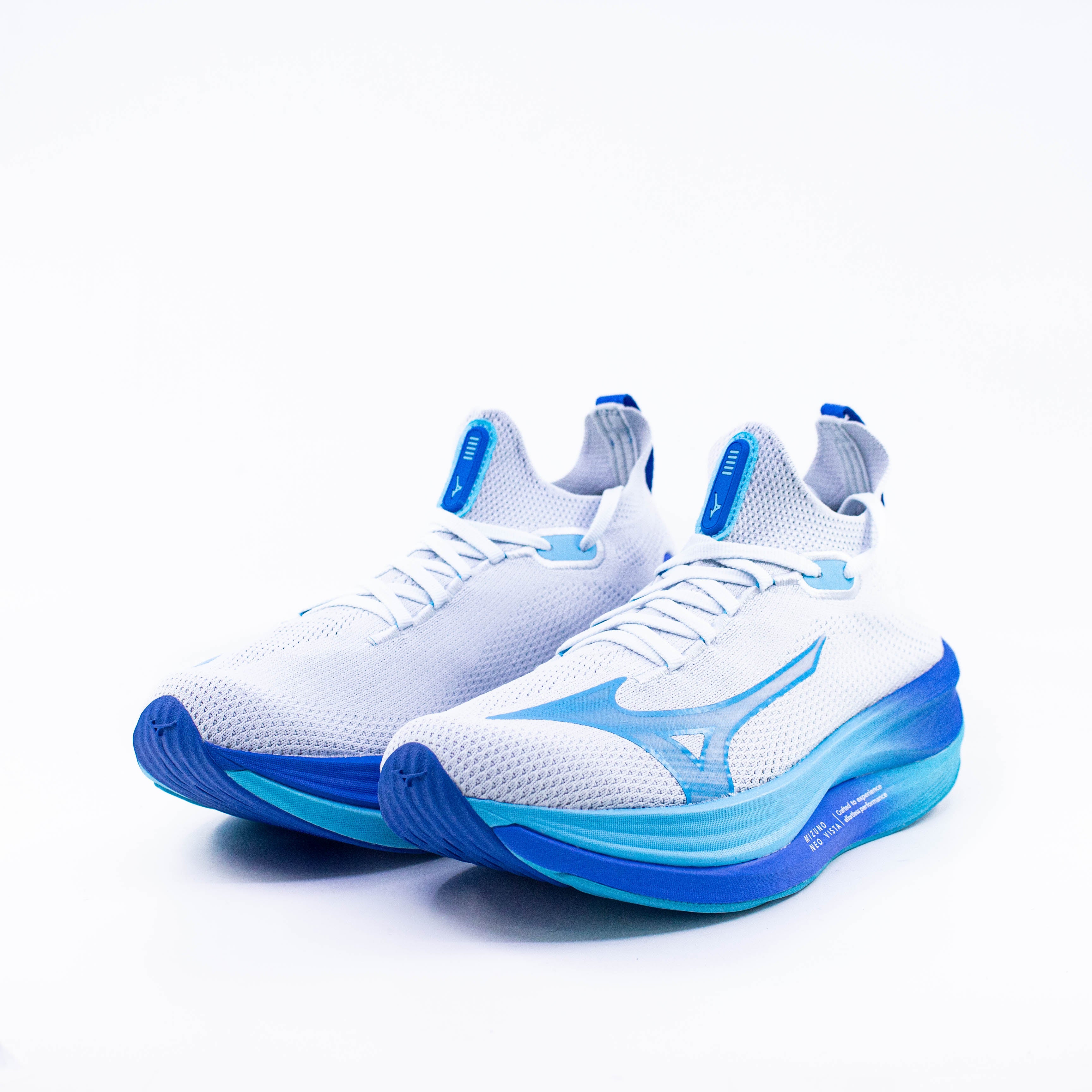


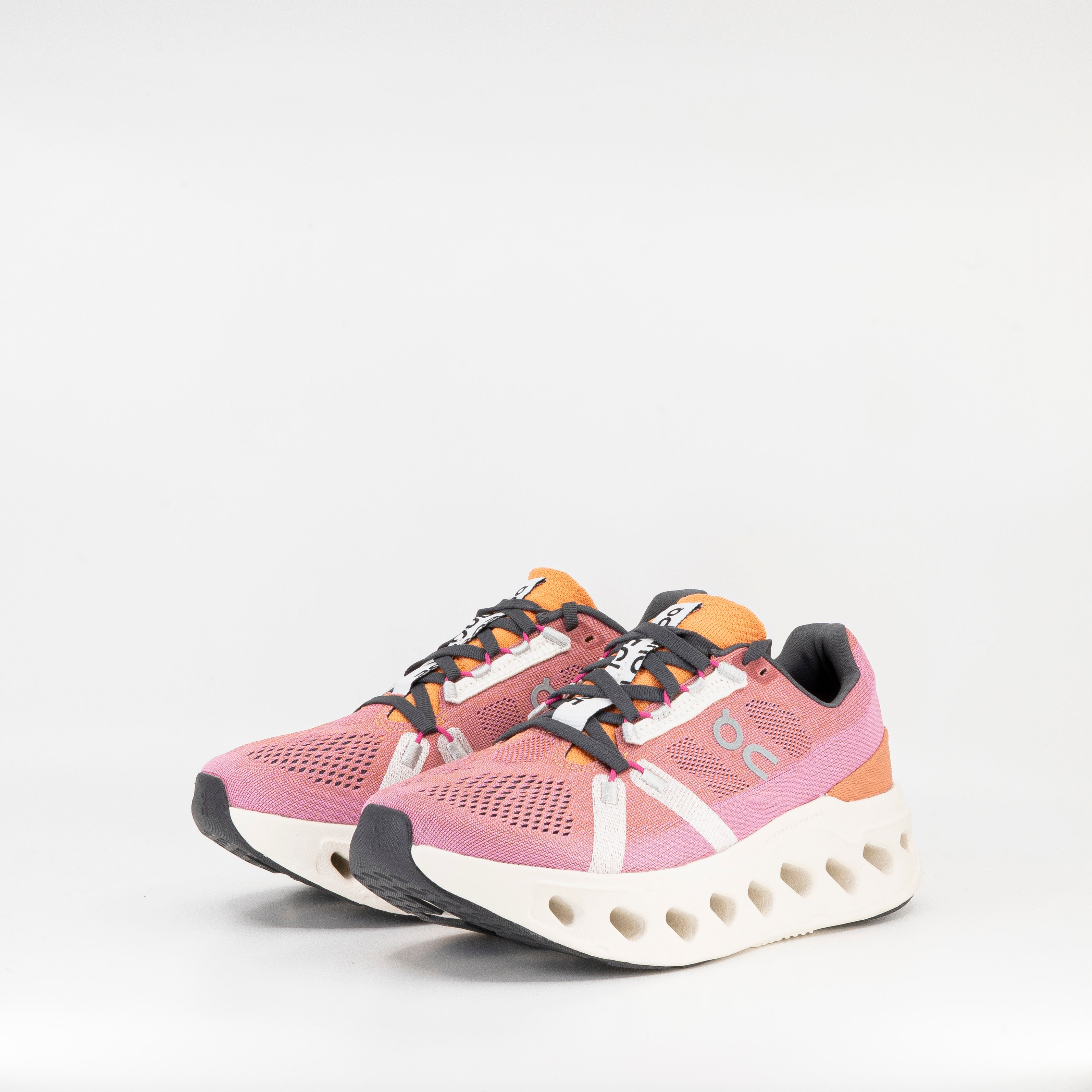
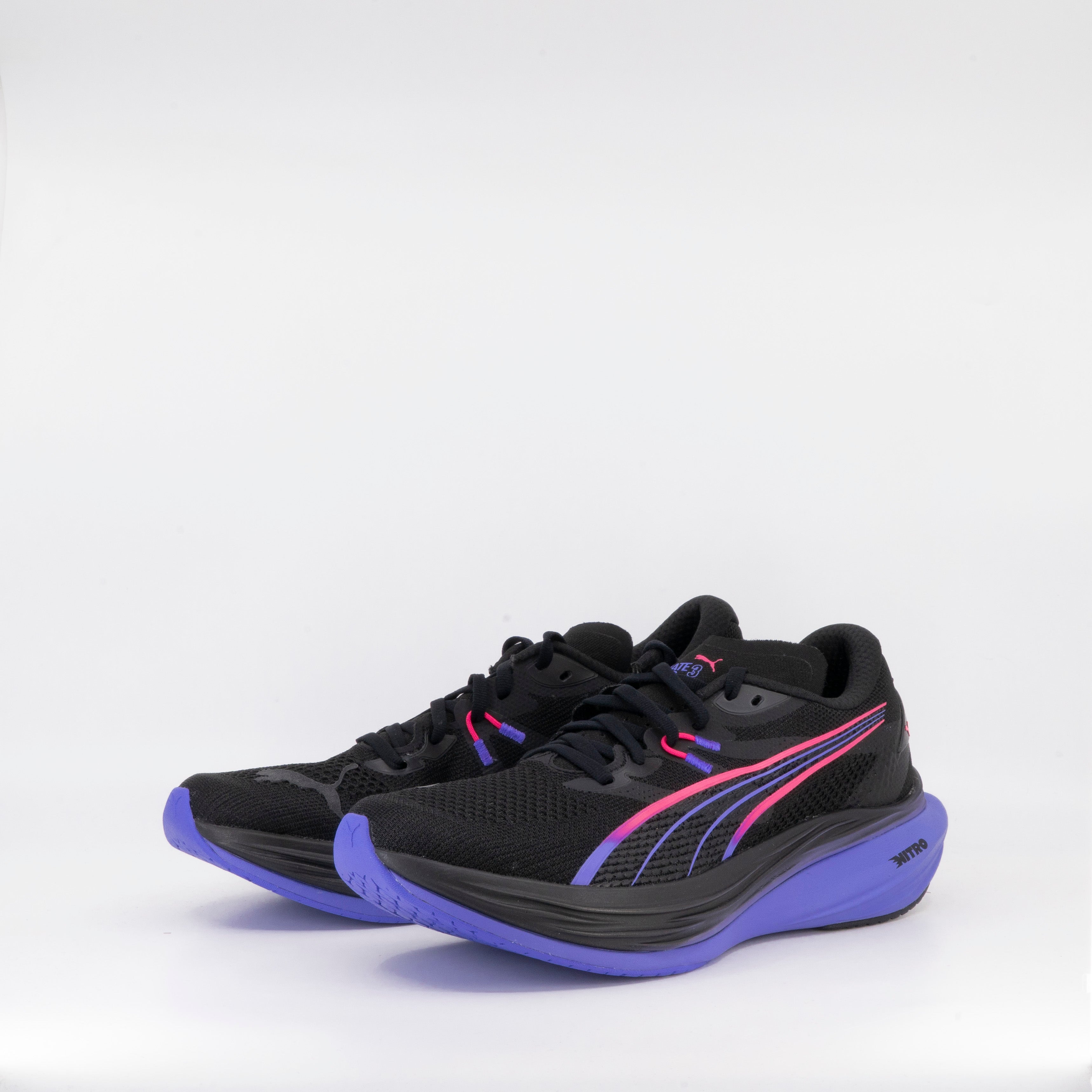
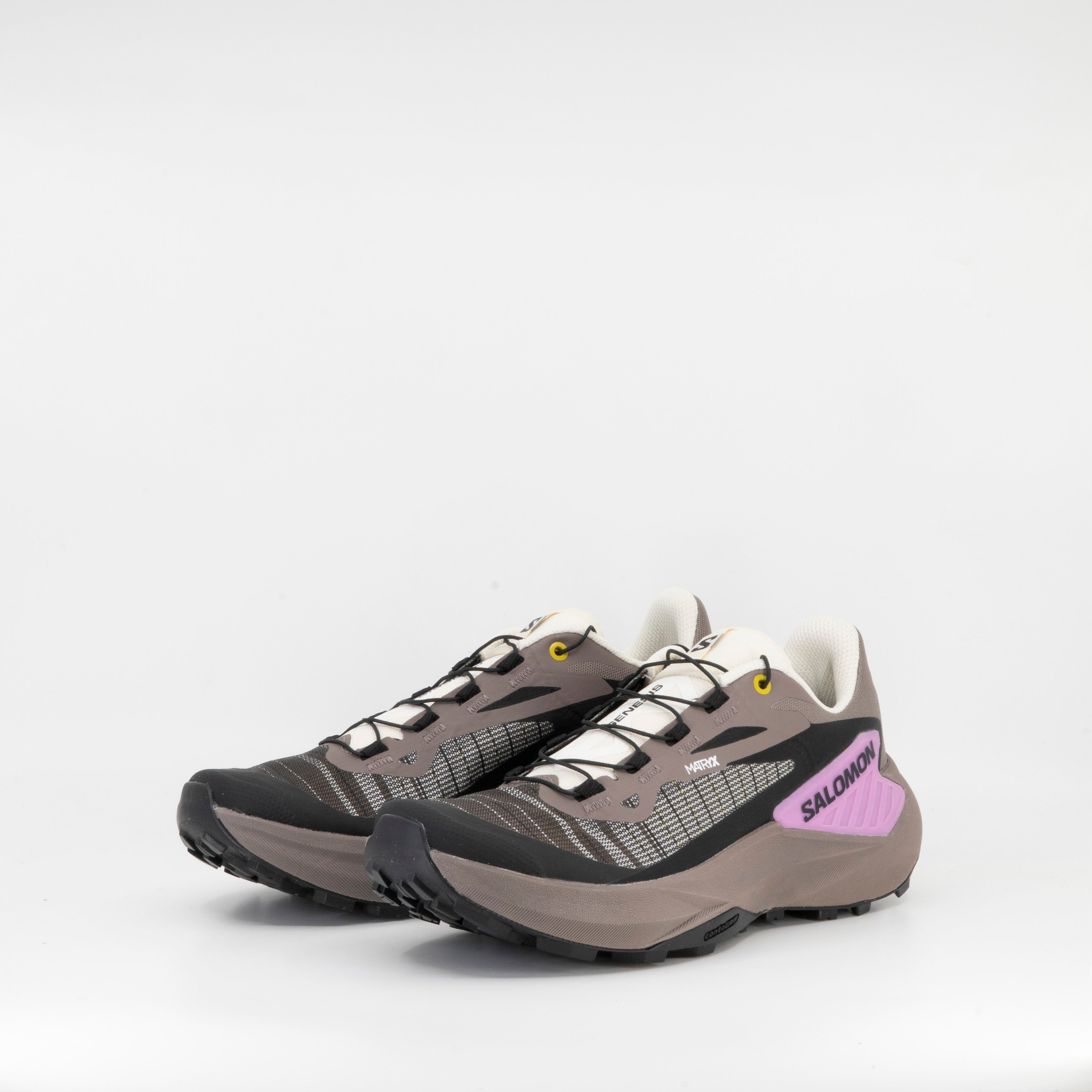
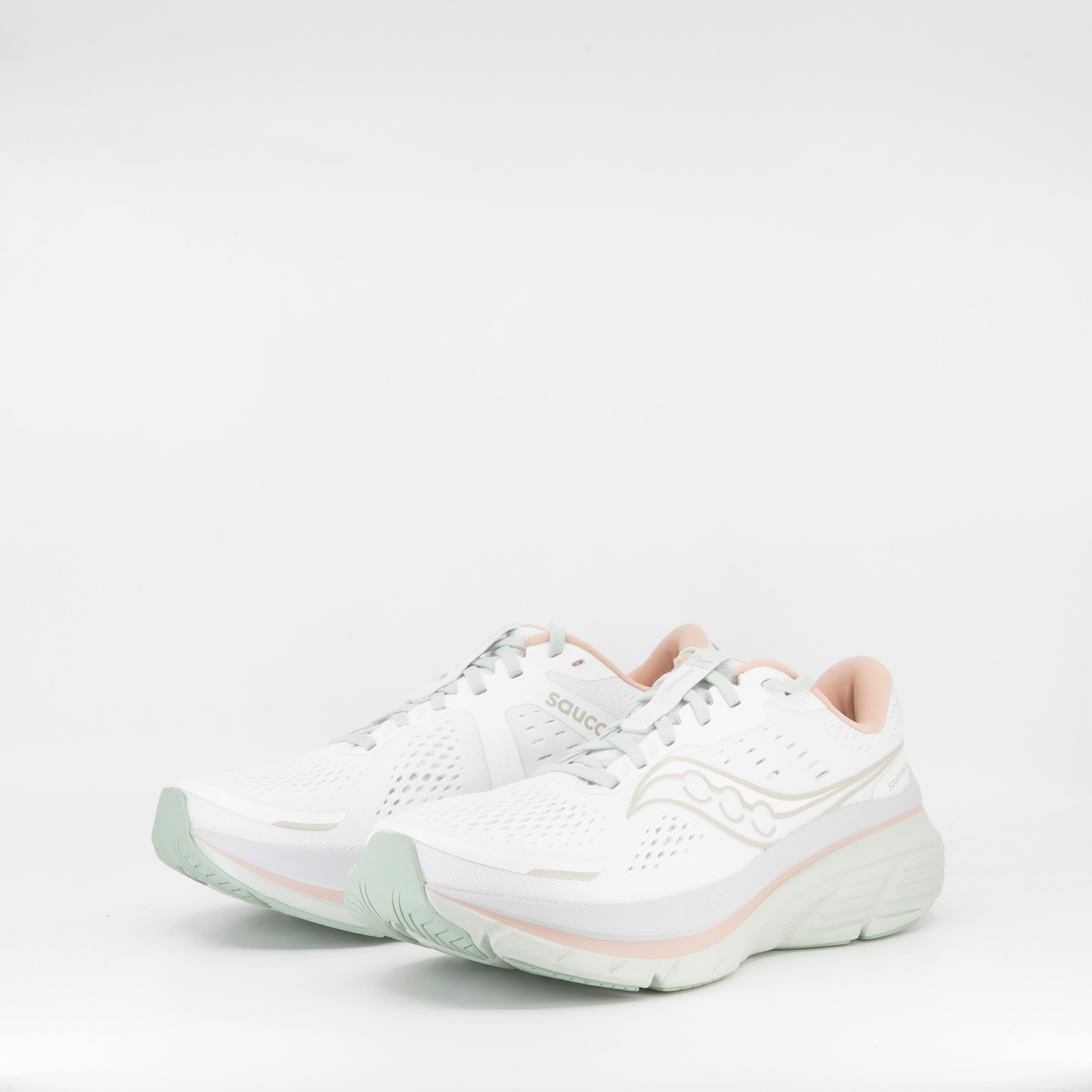




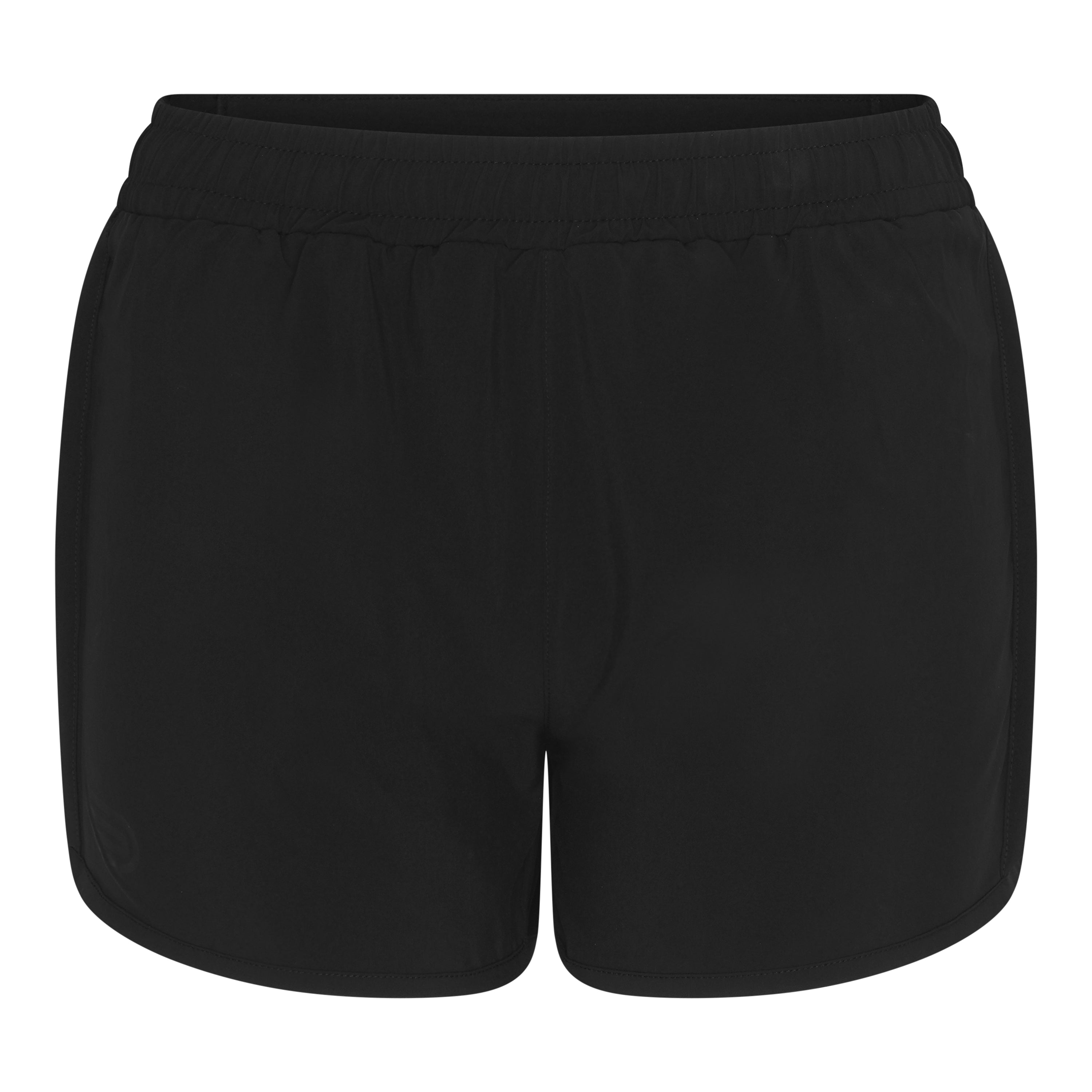


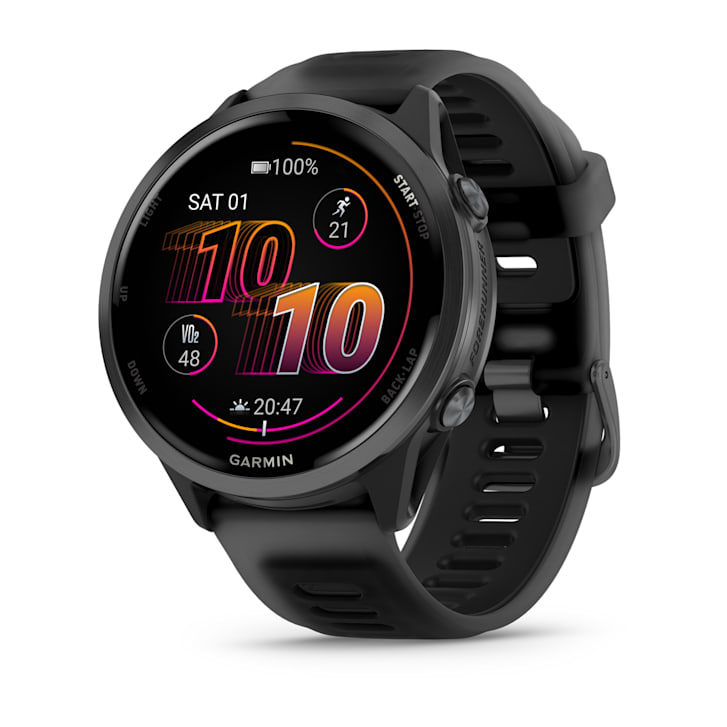

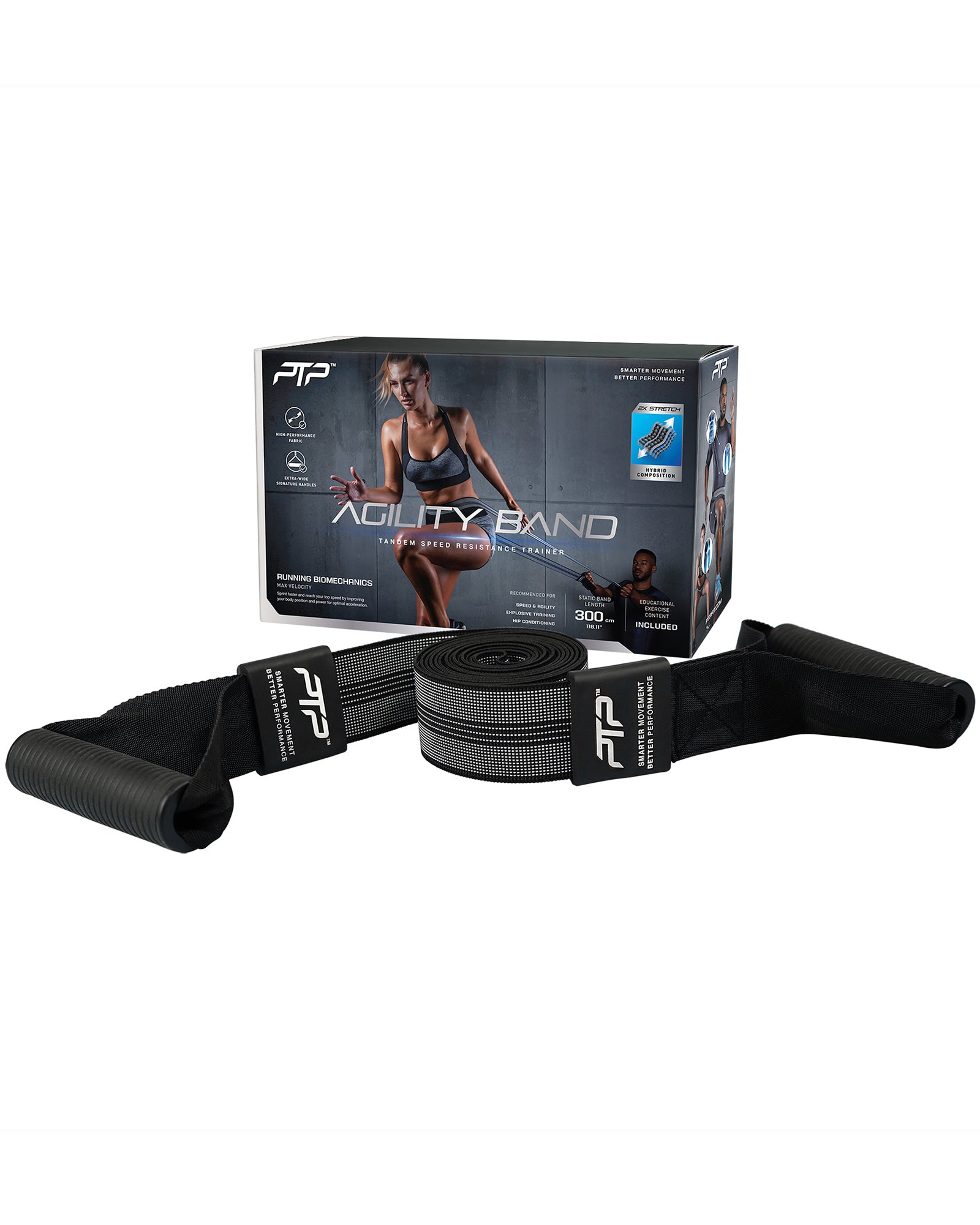
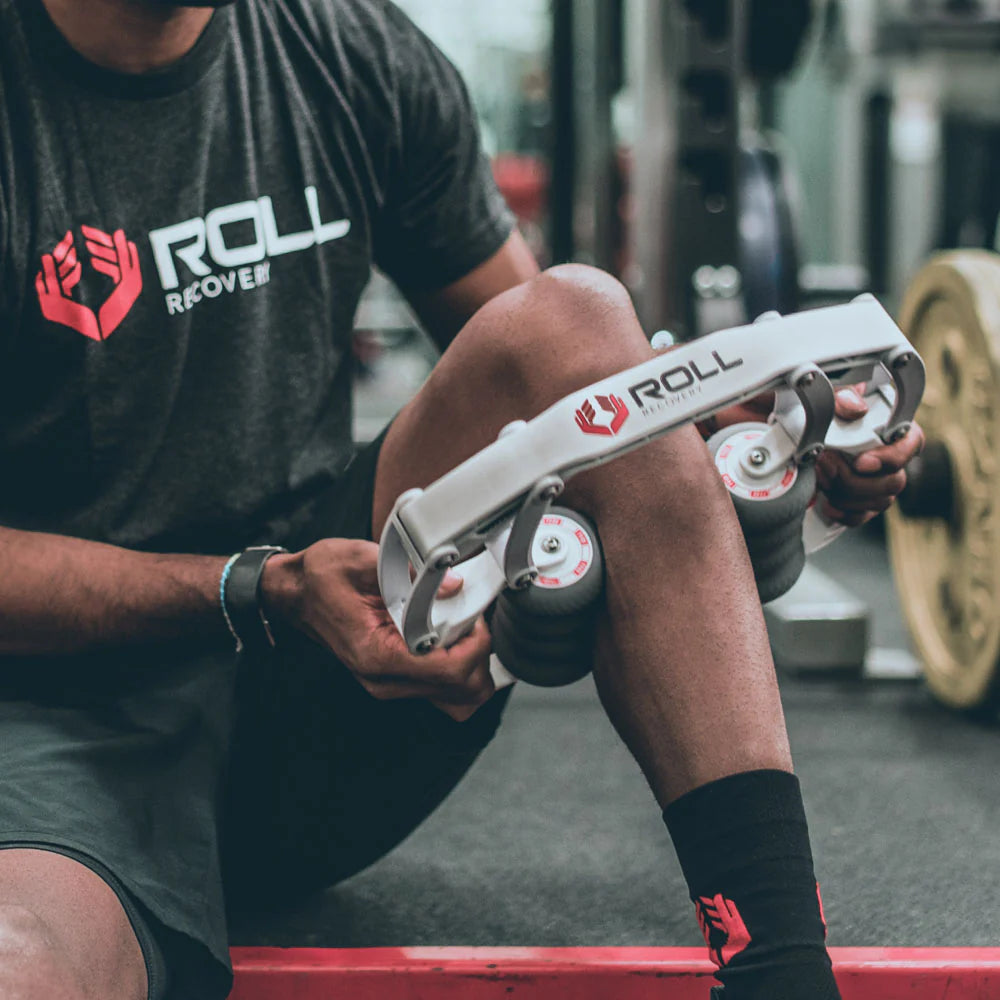
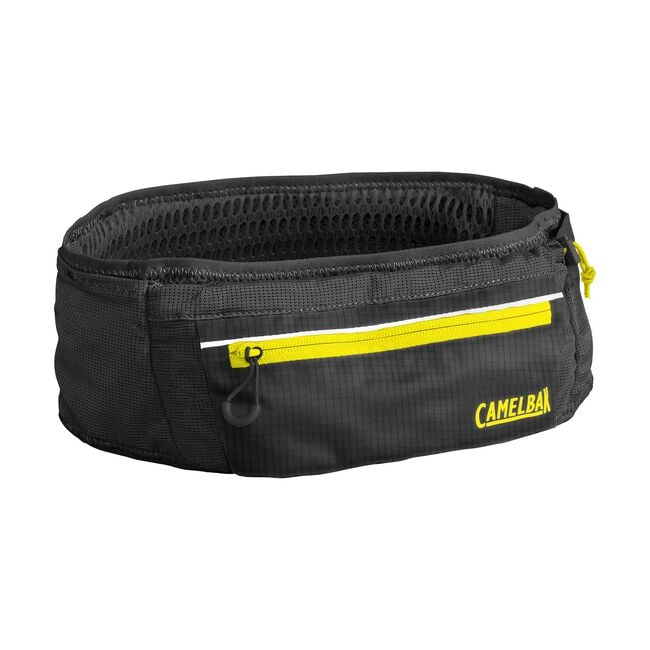

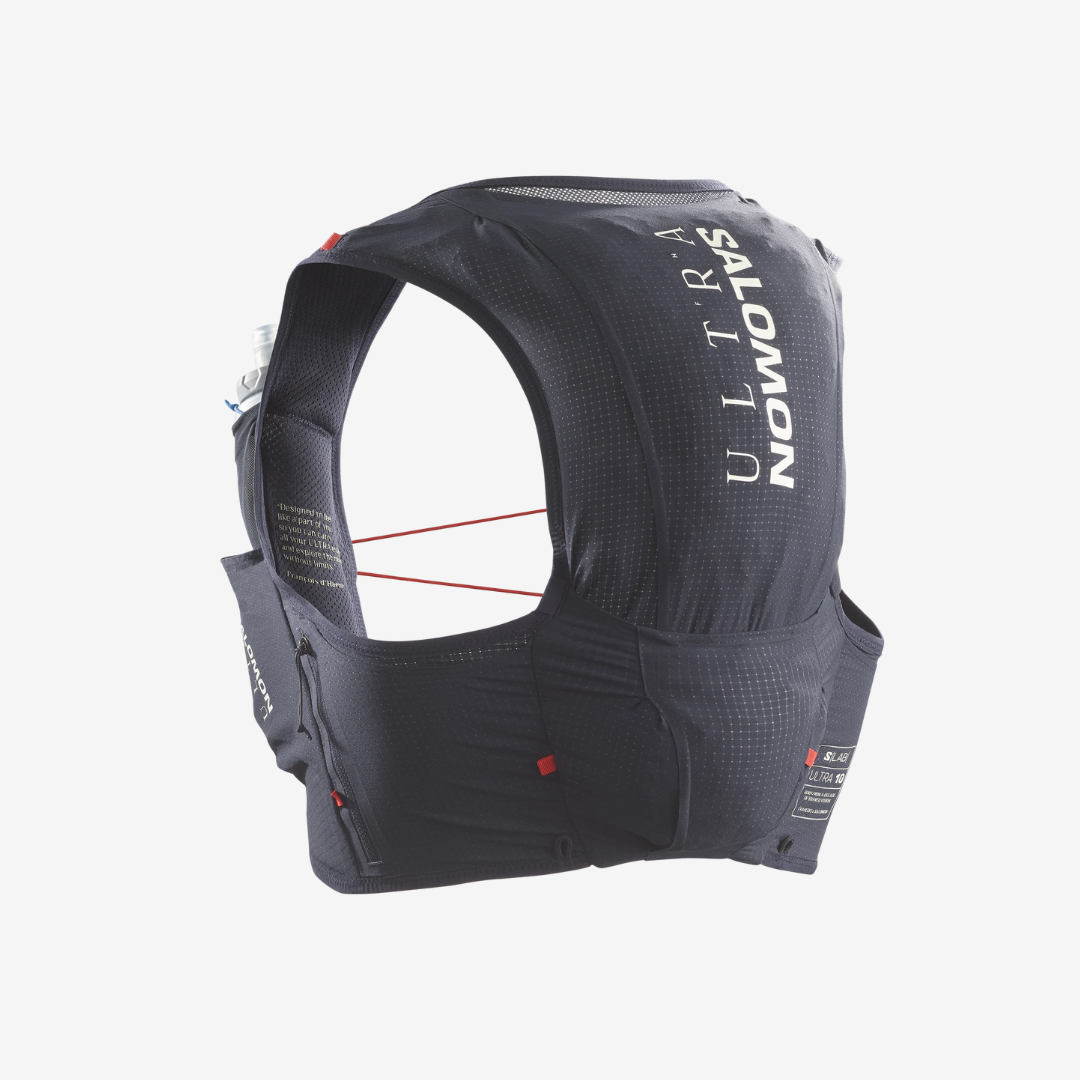



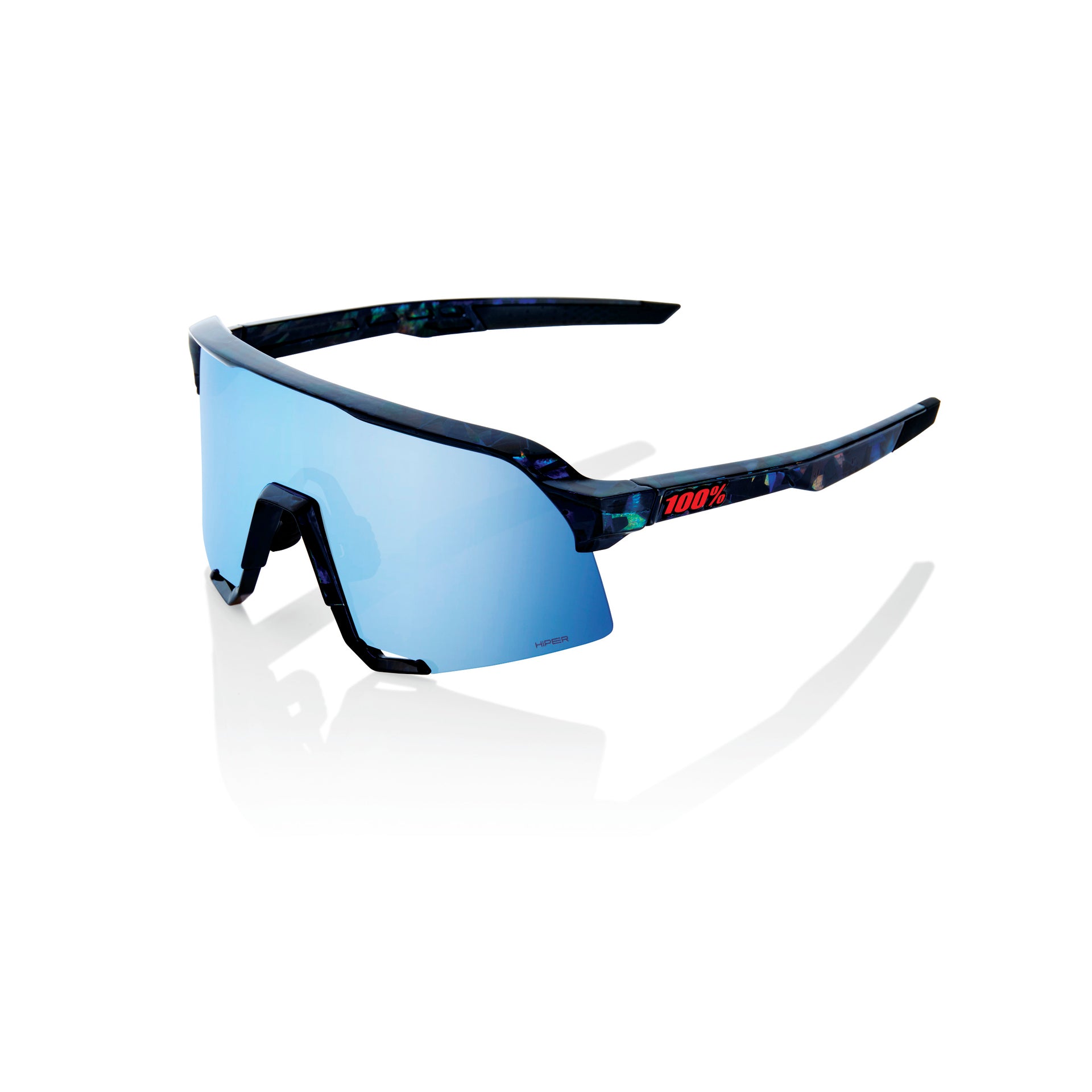






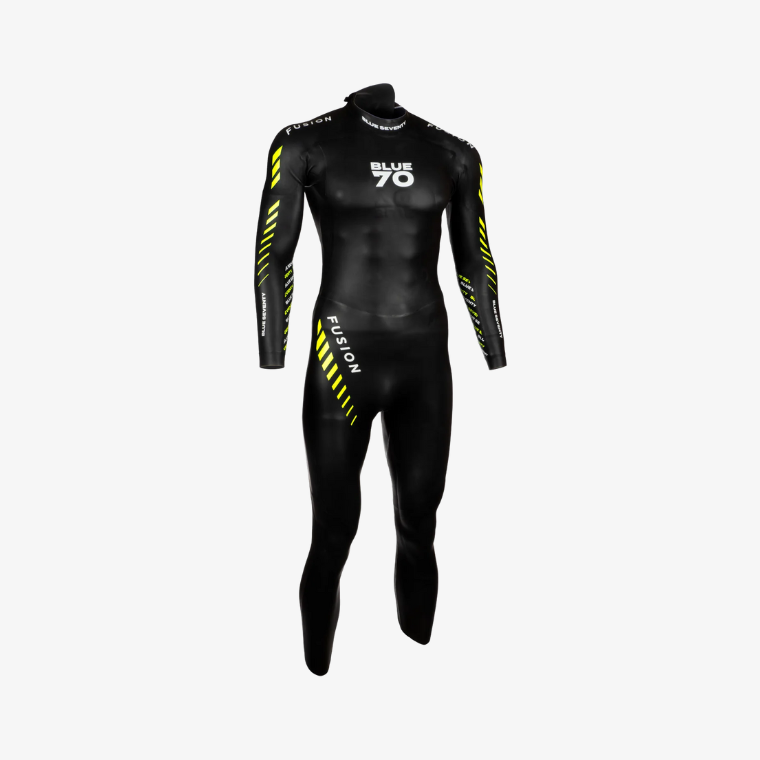

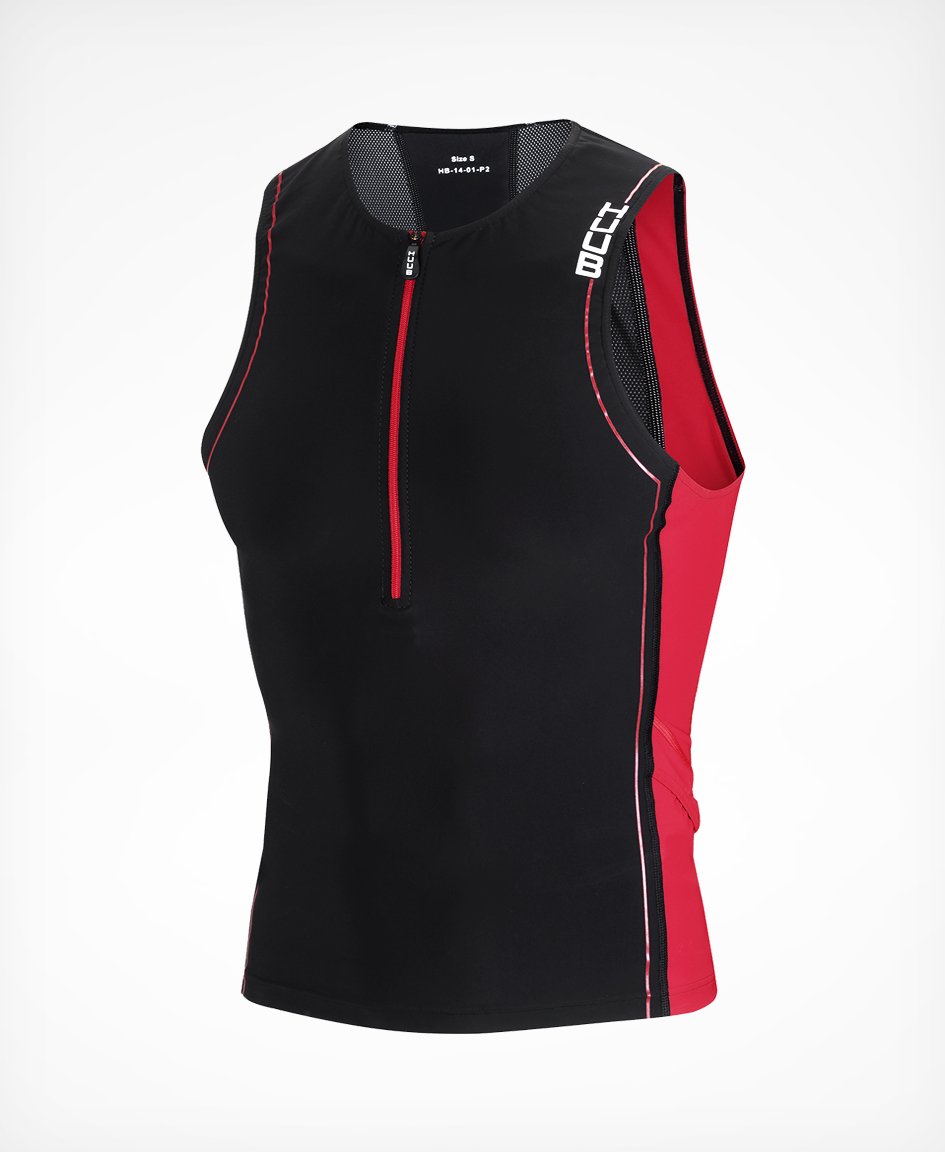
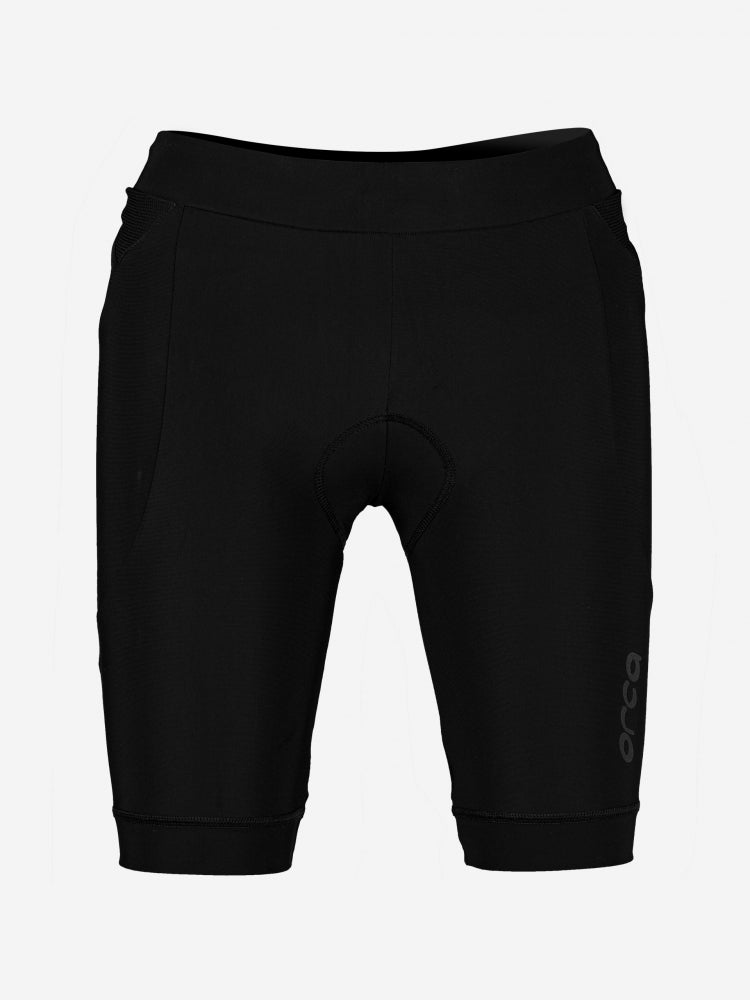

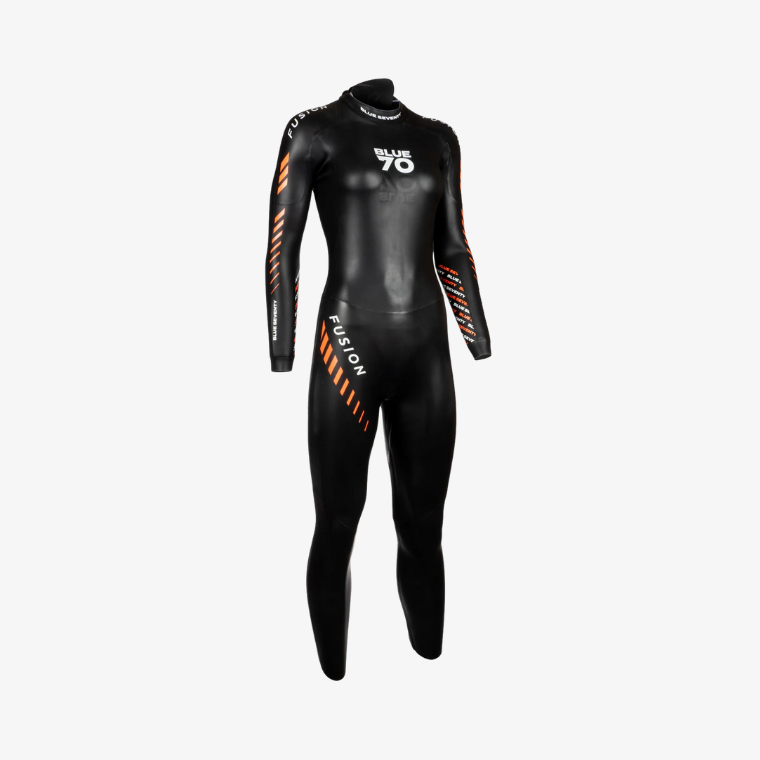

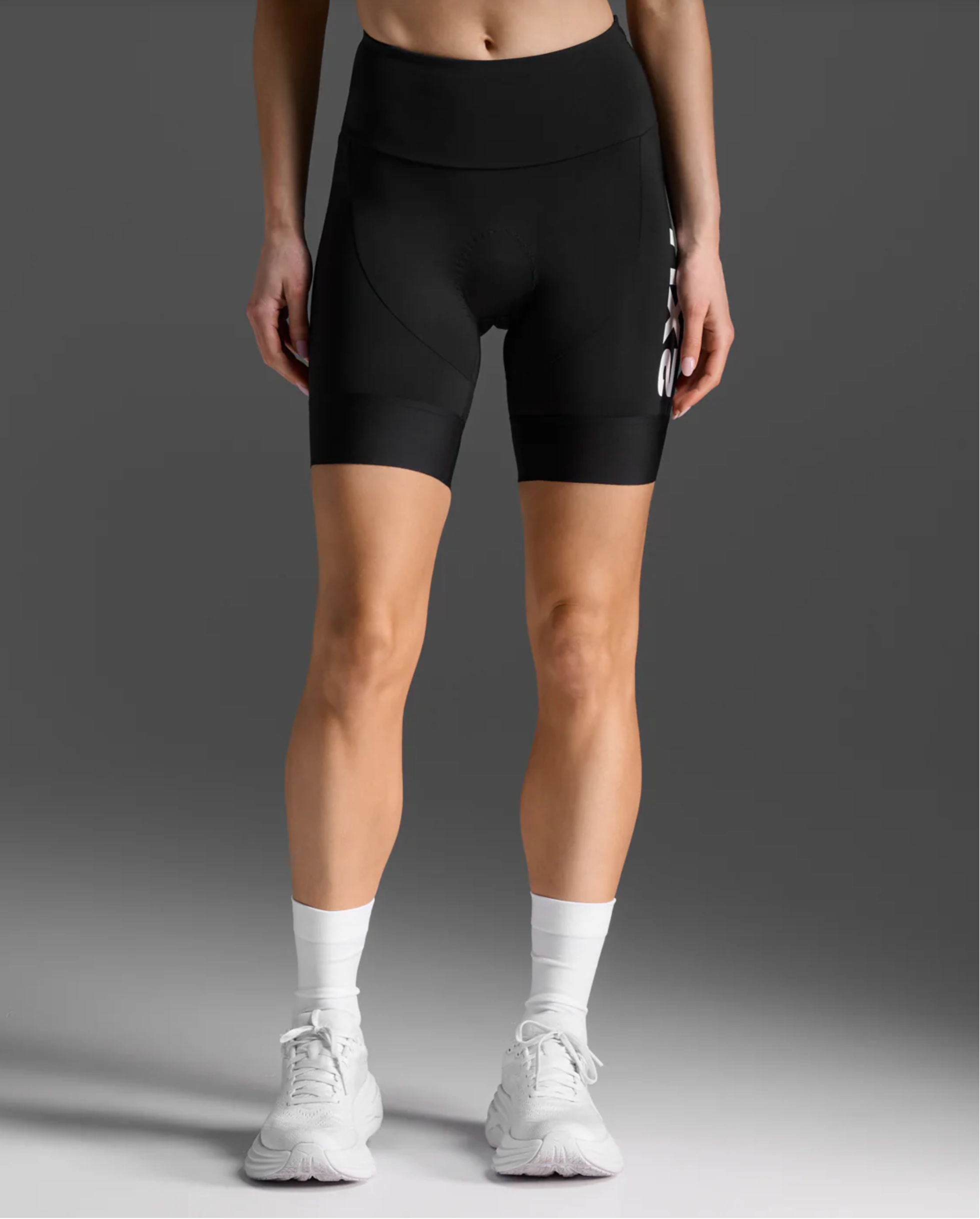
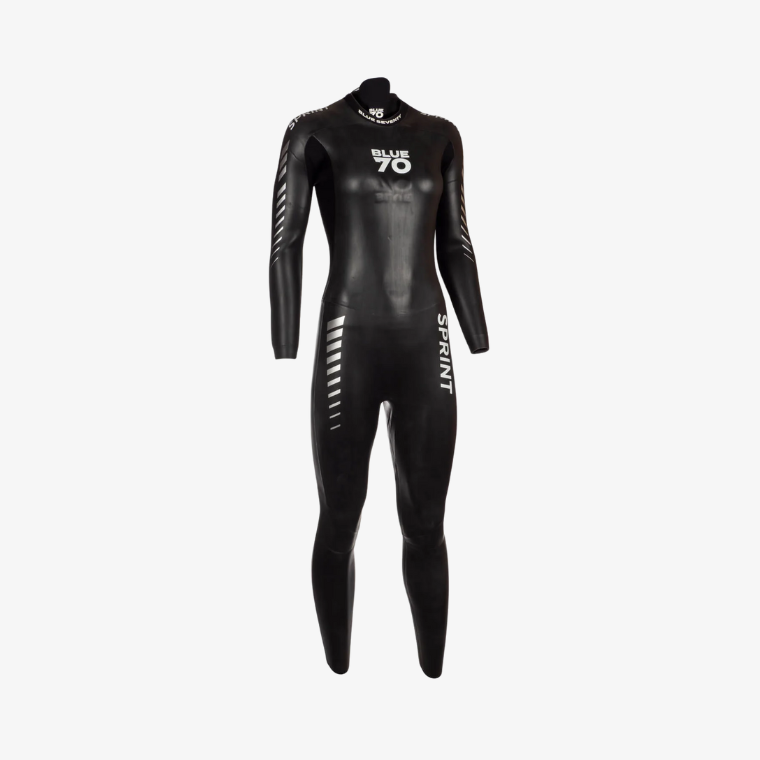
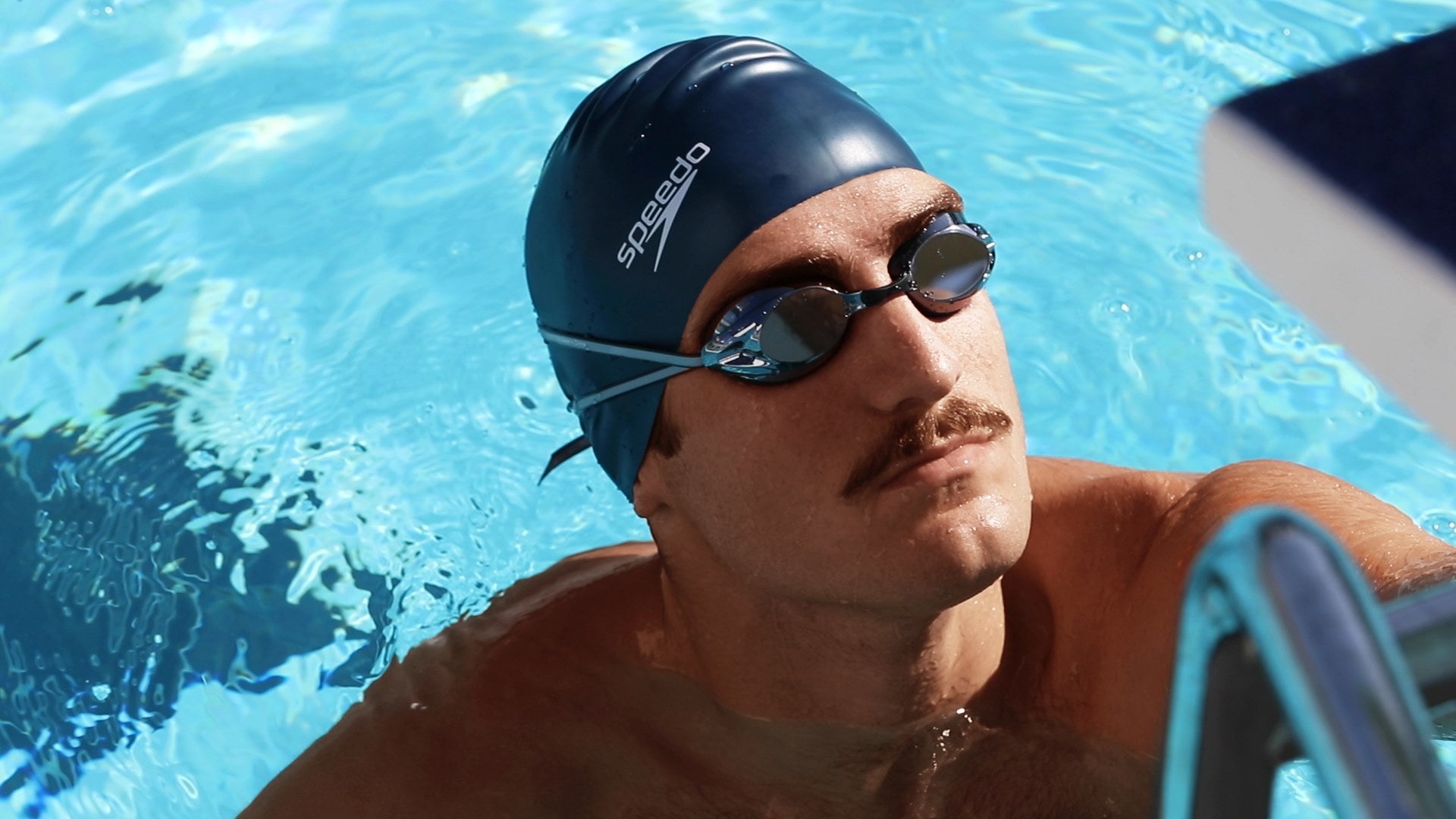

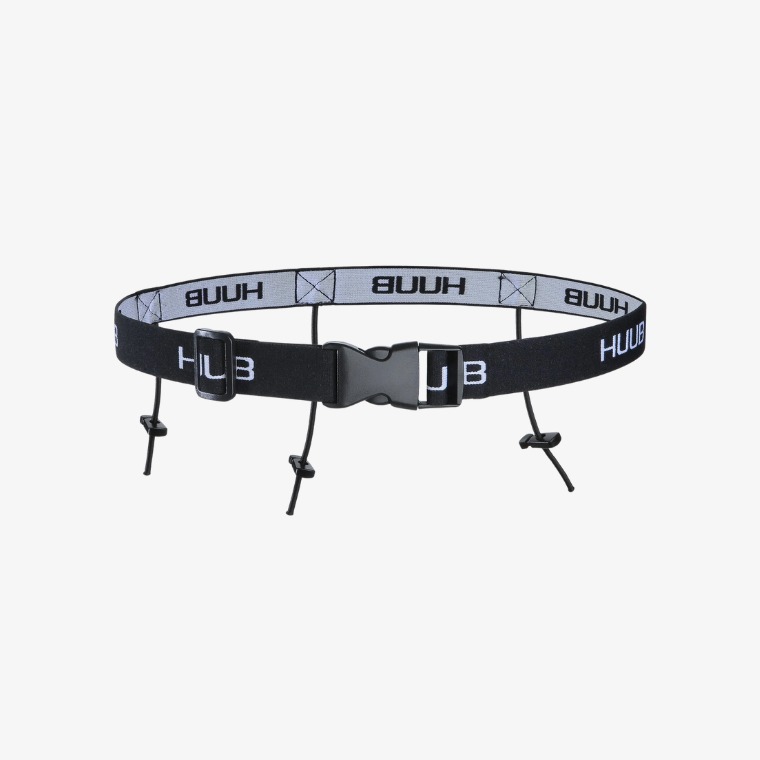
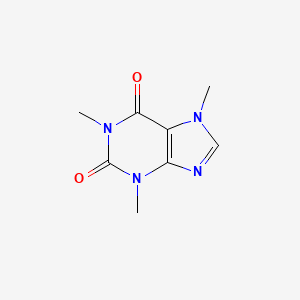

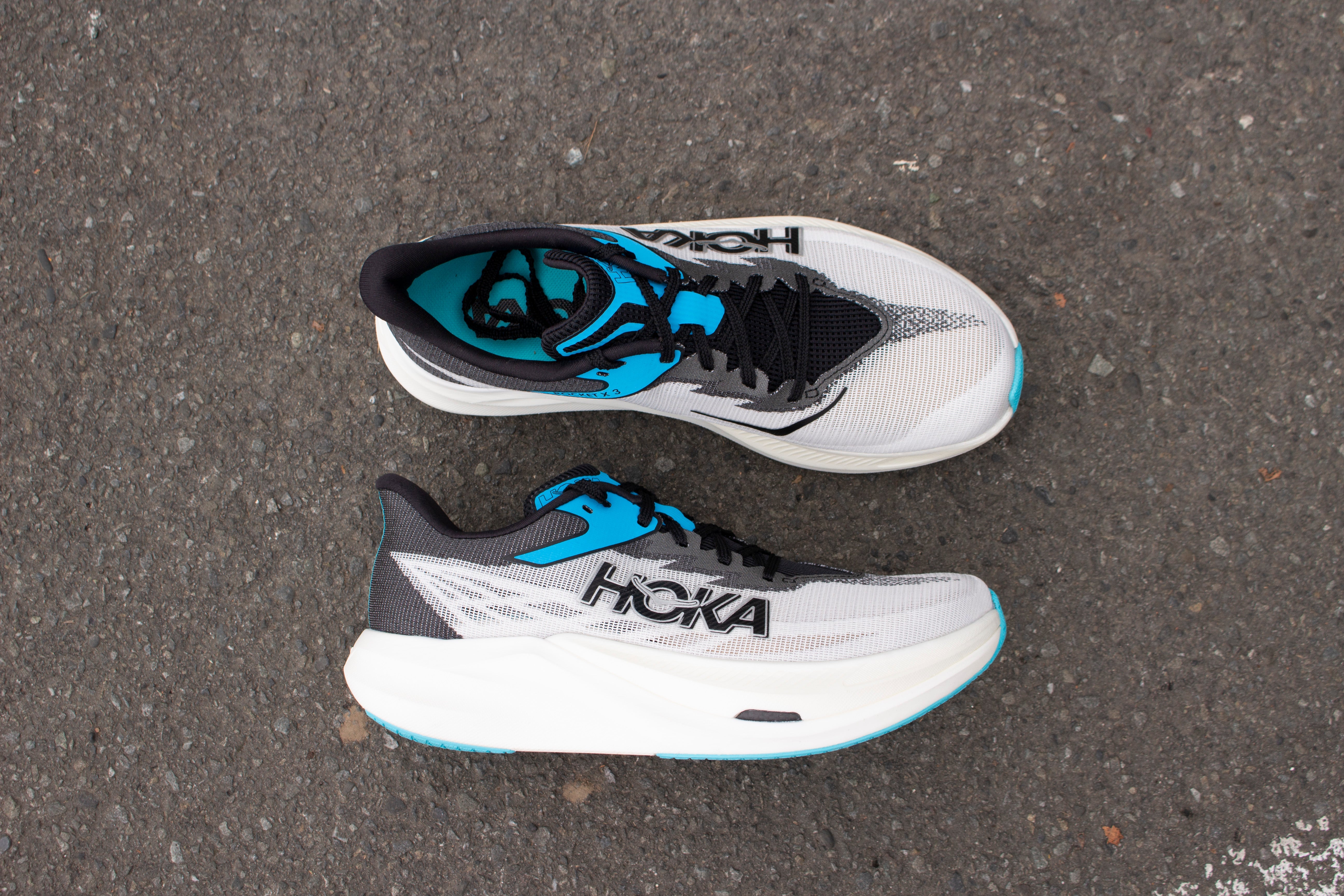
1 comment
Hello, enjoyed reading that thanks. I would consider adding Citrulline malate and Suscarb.